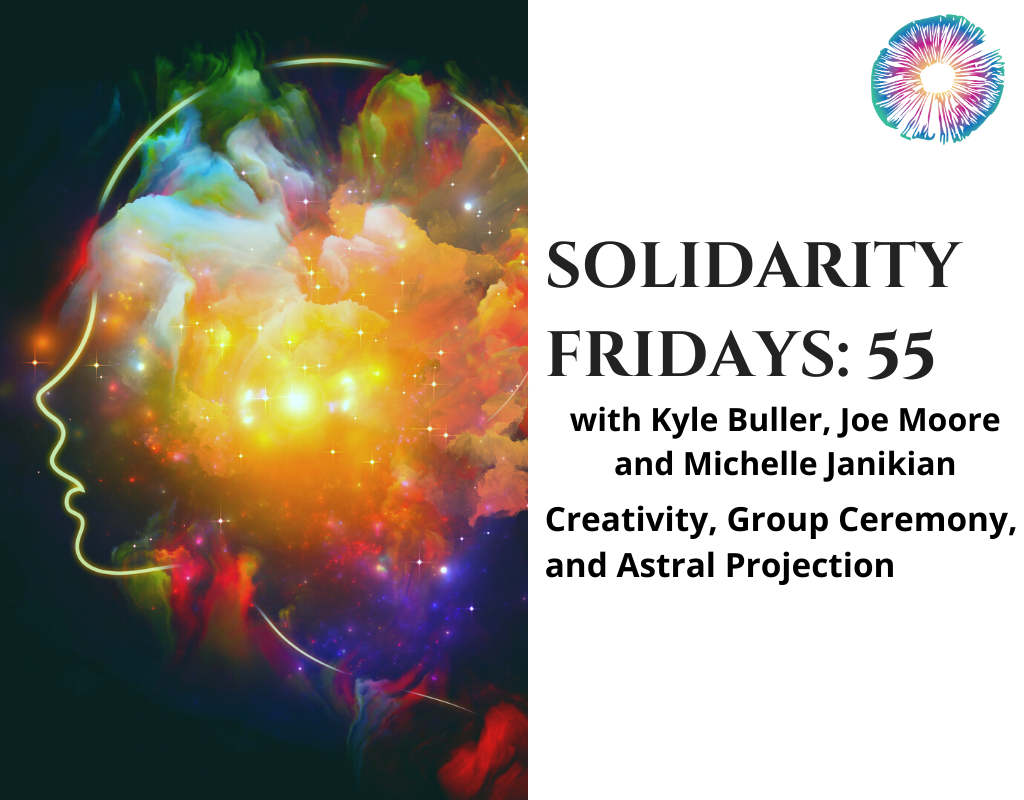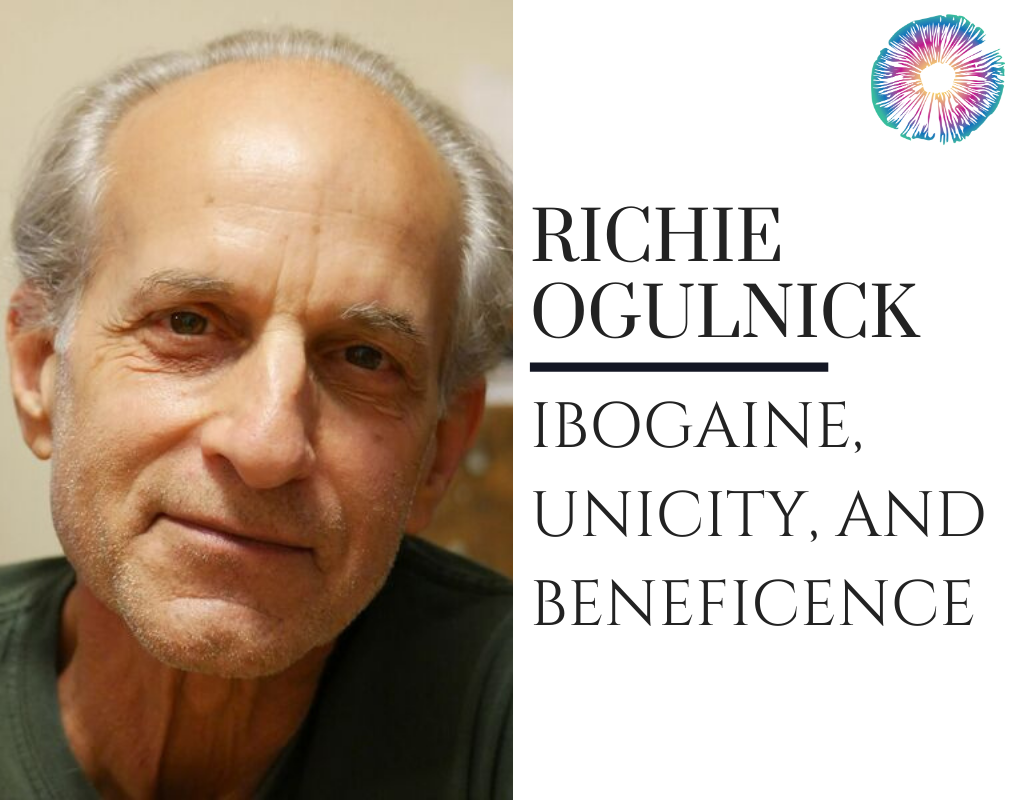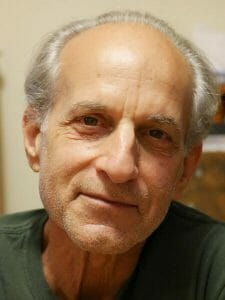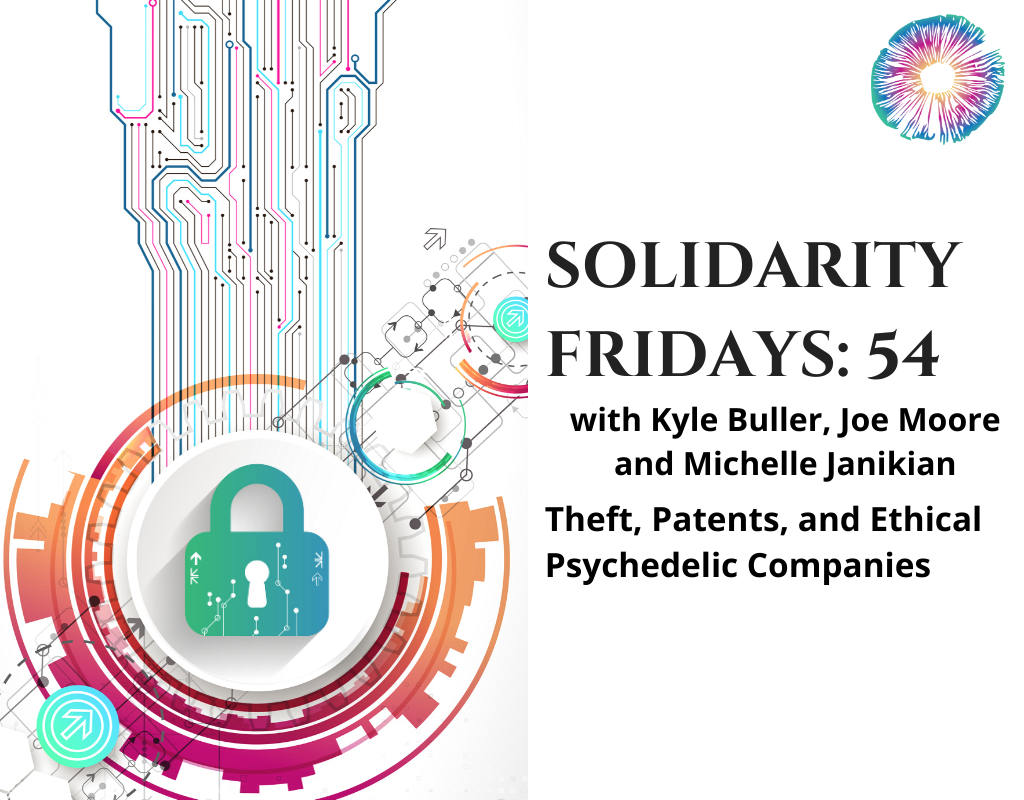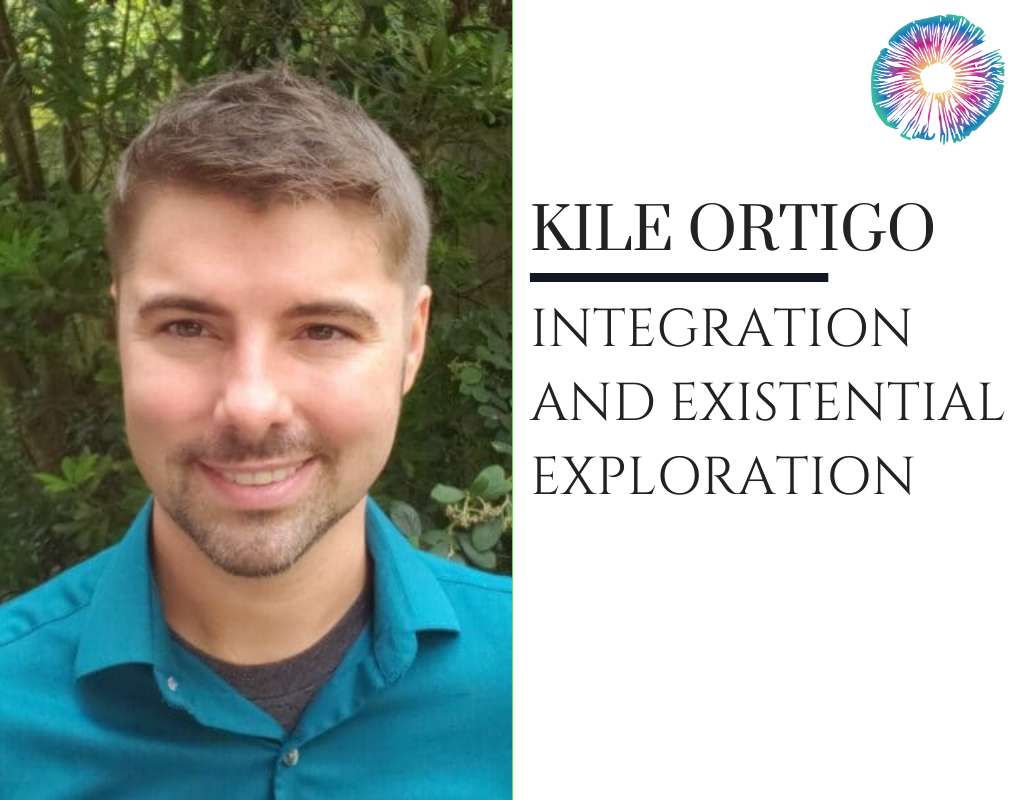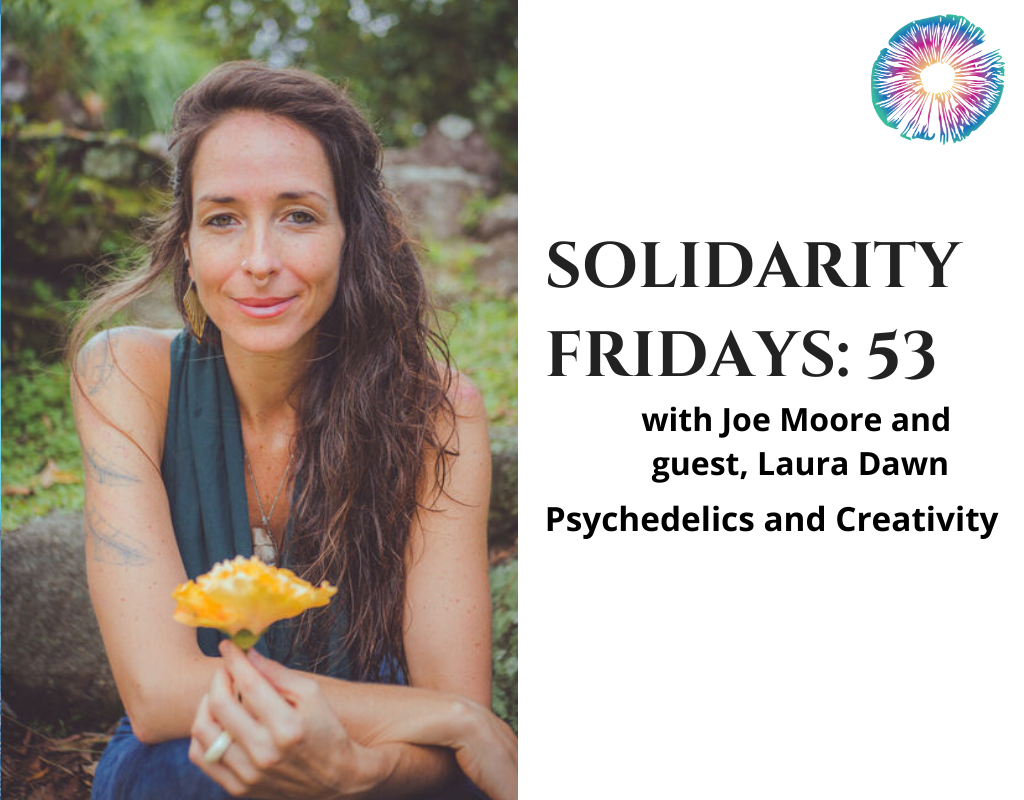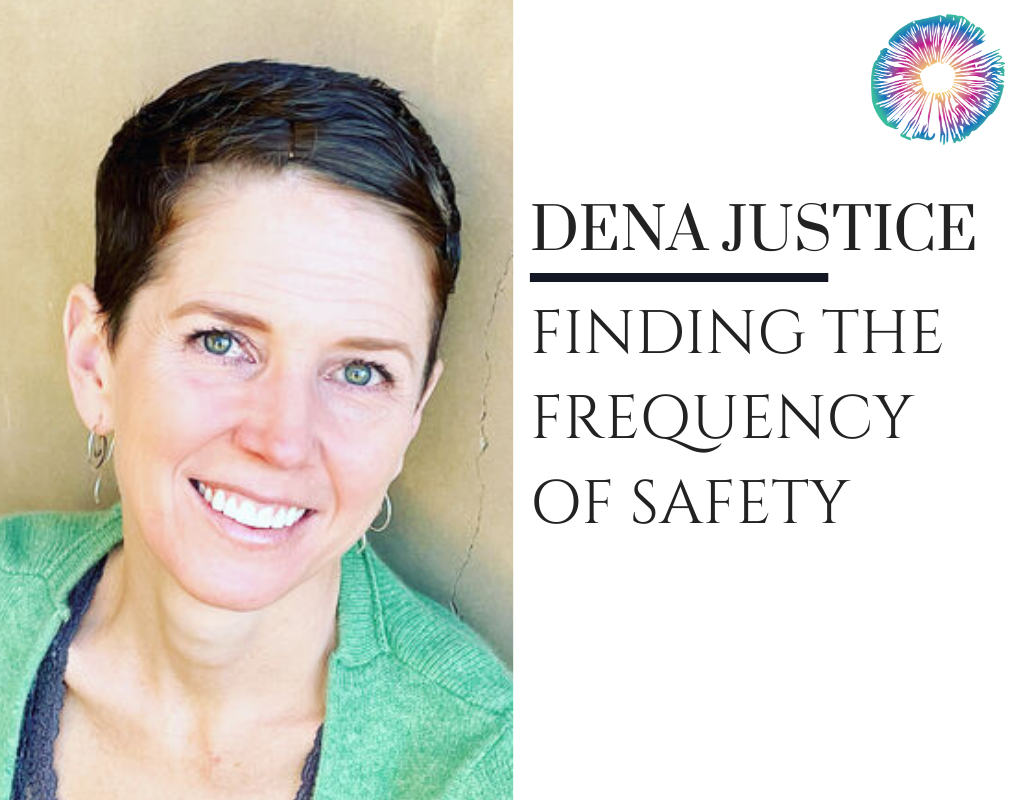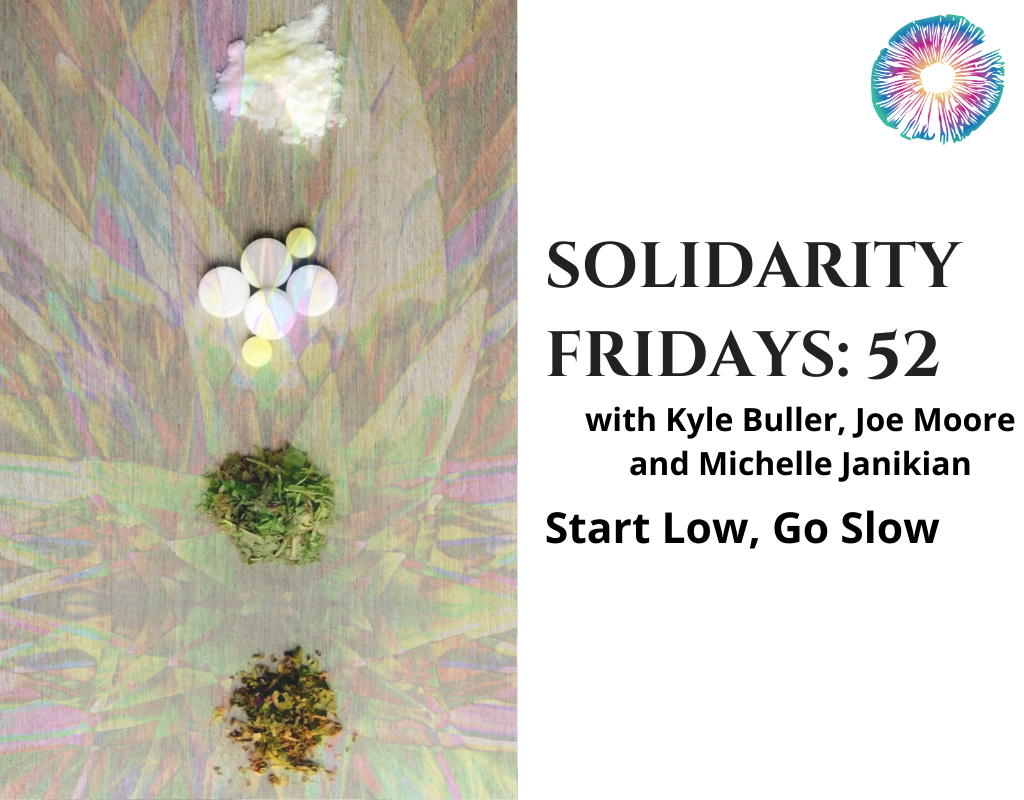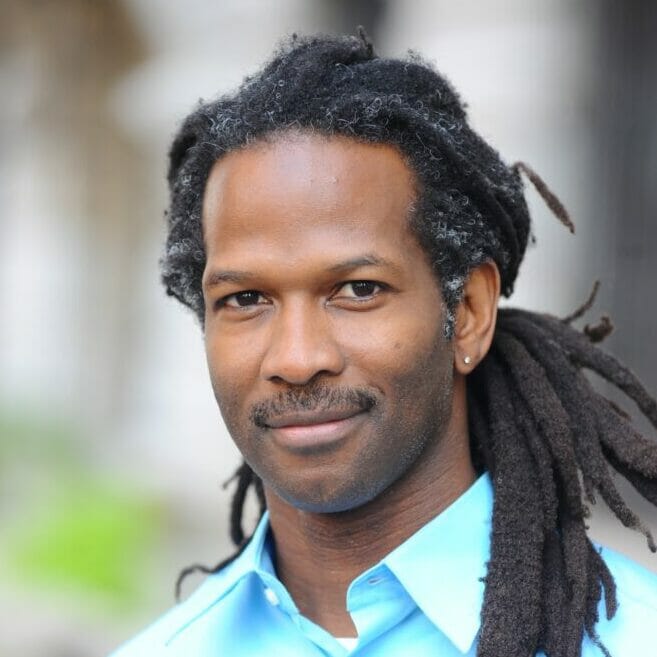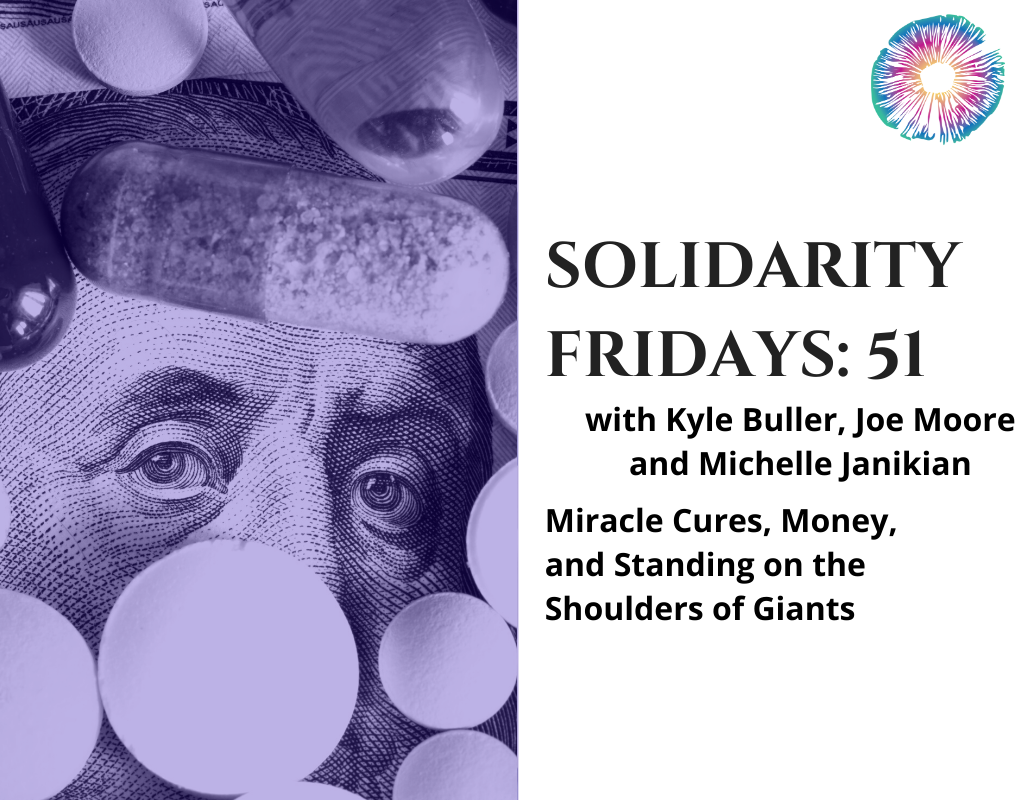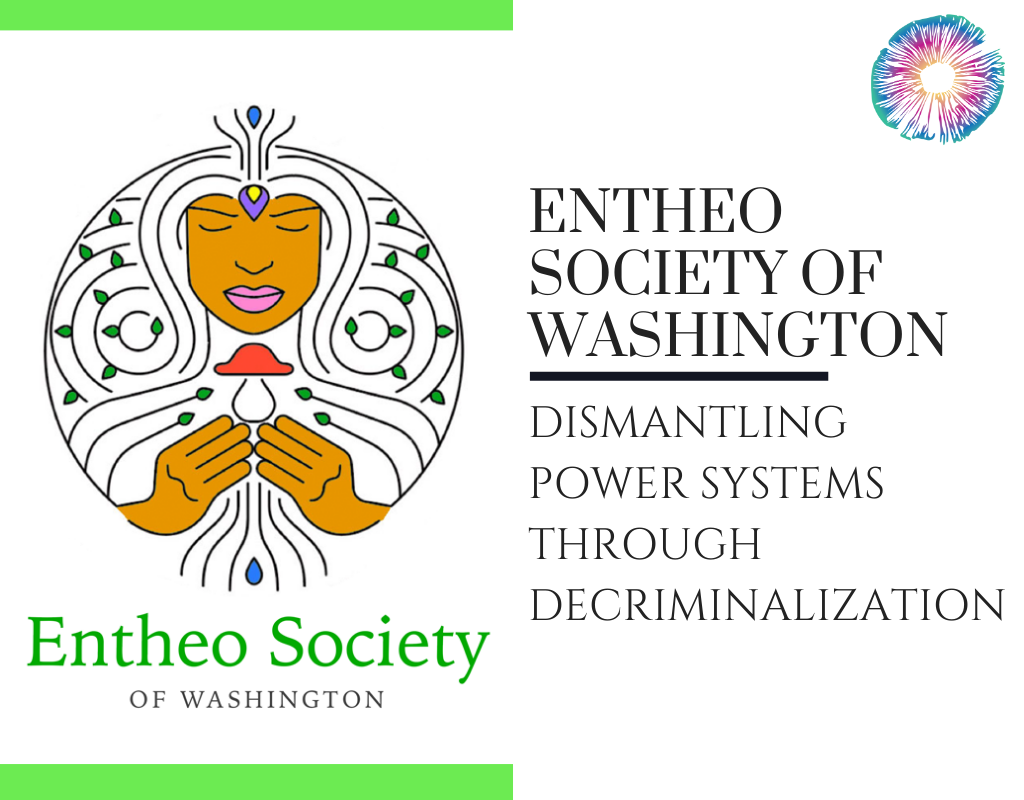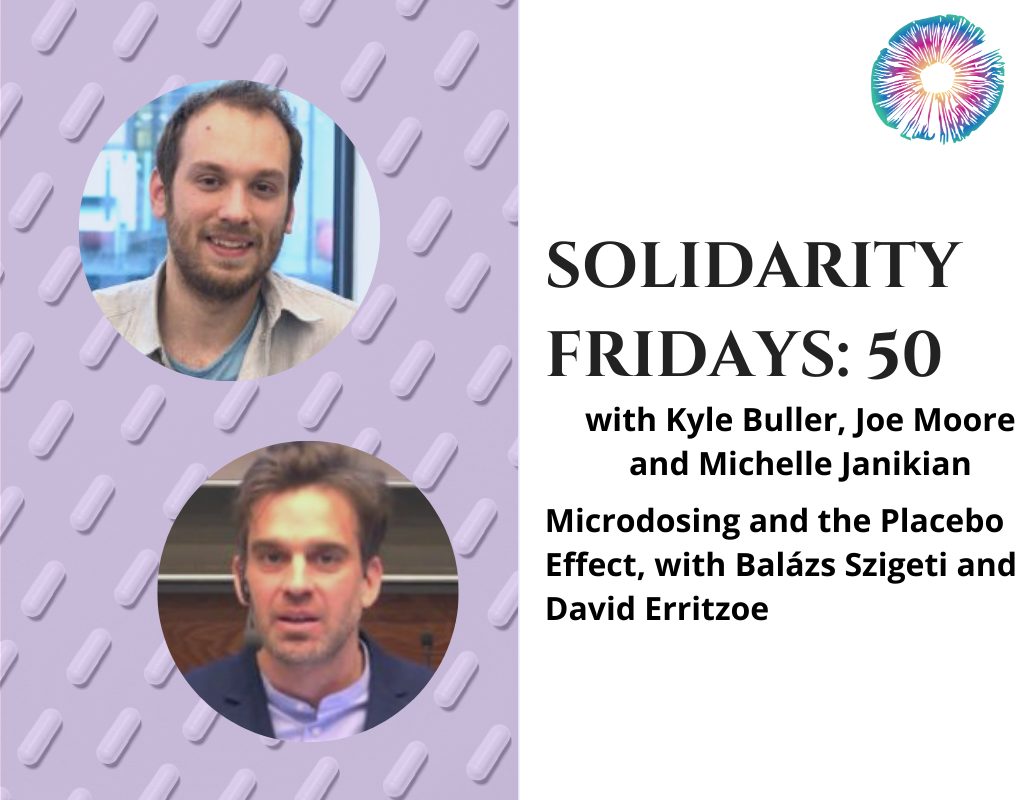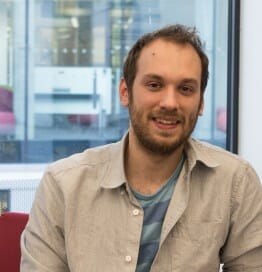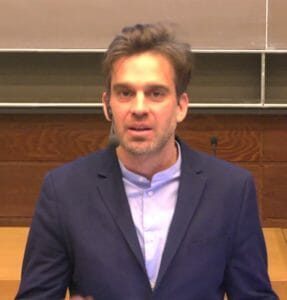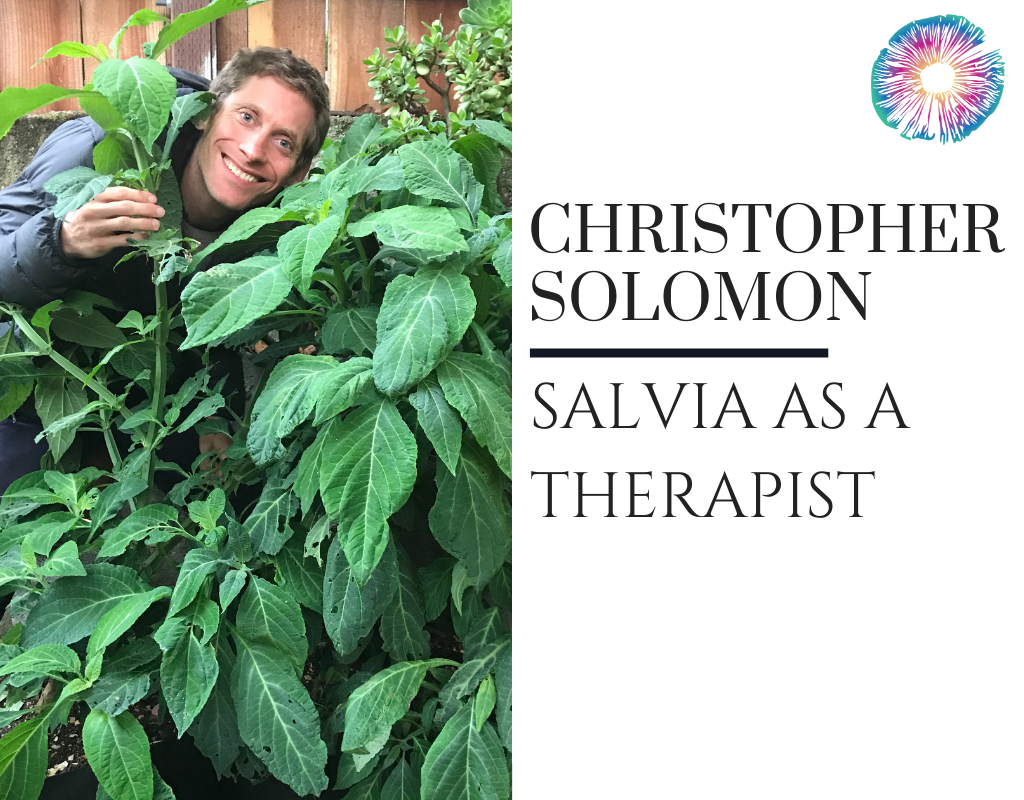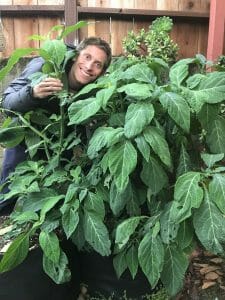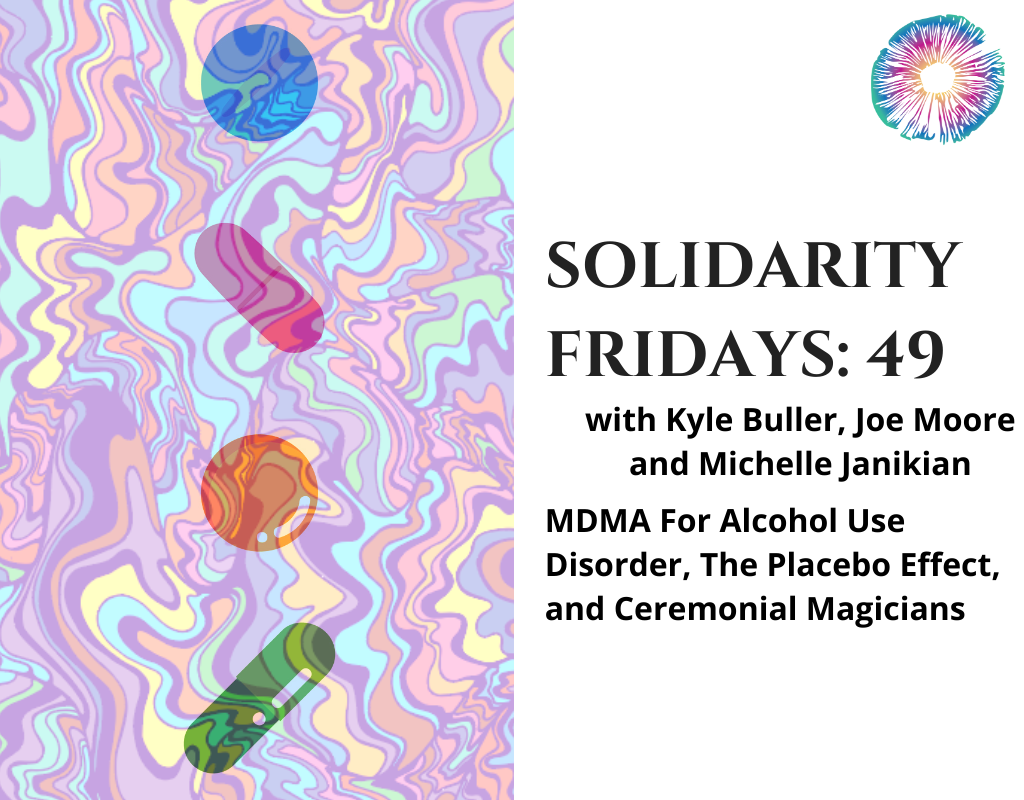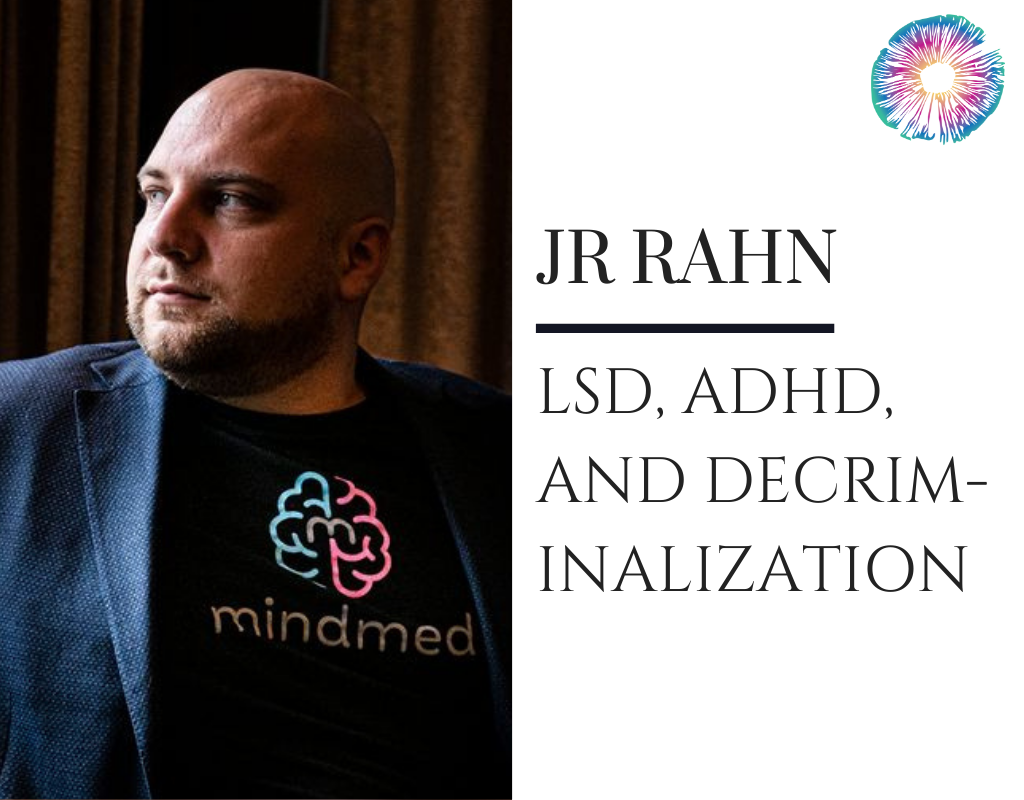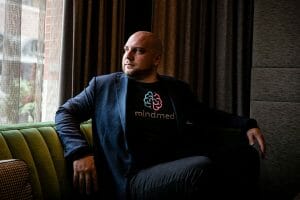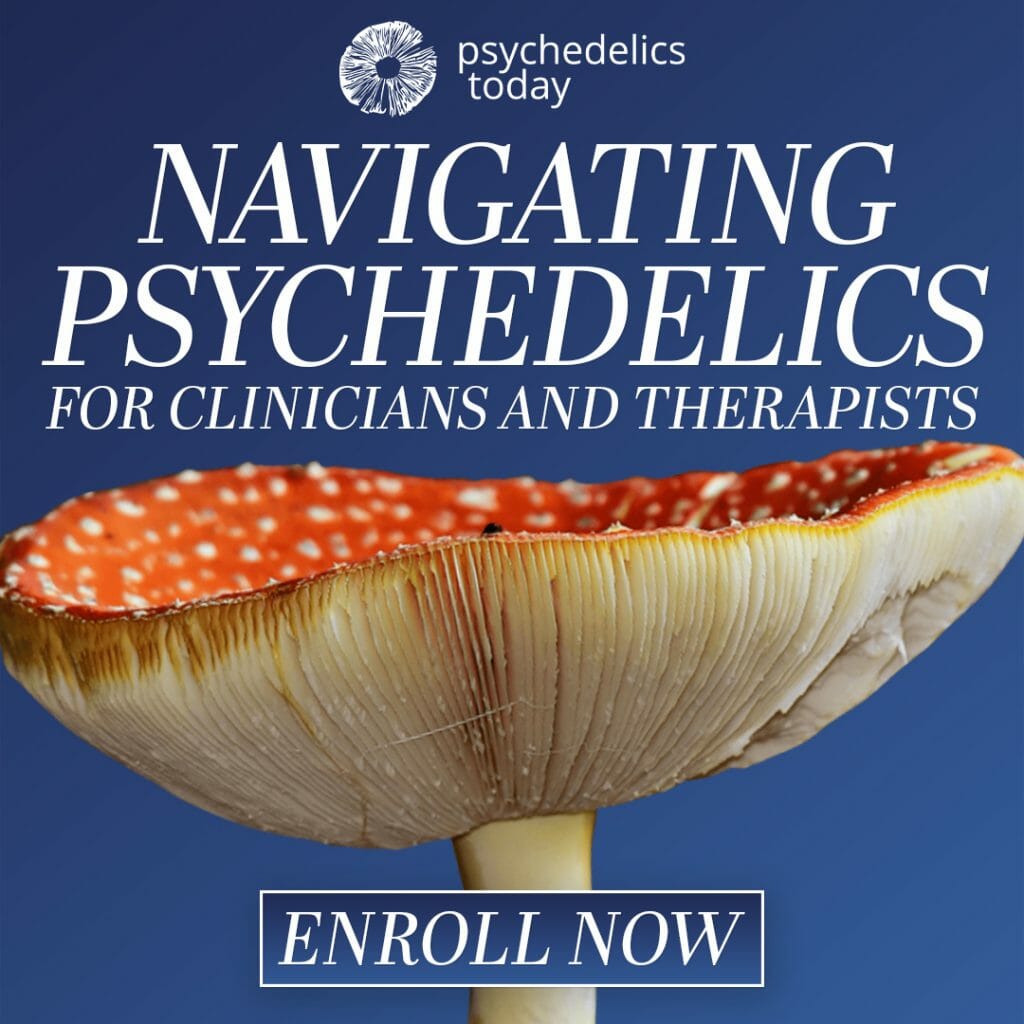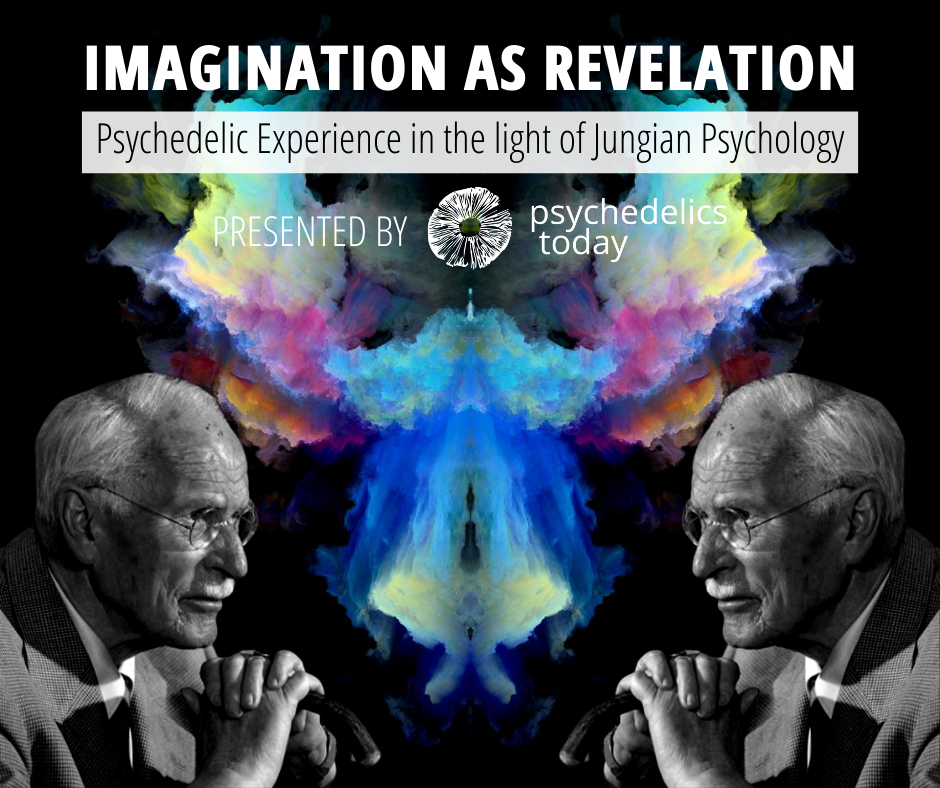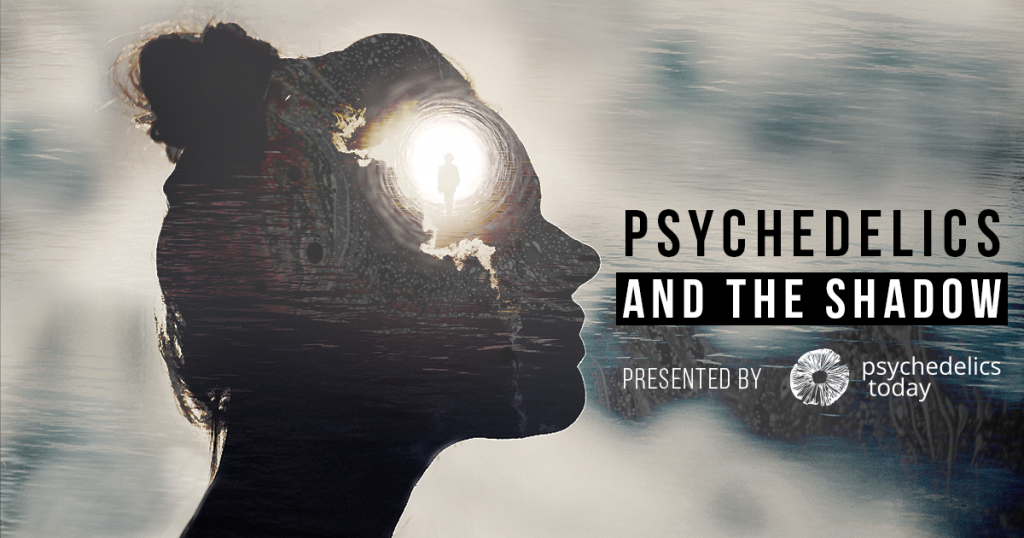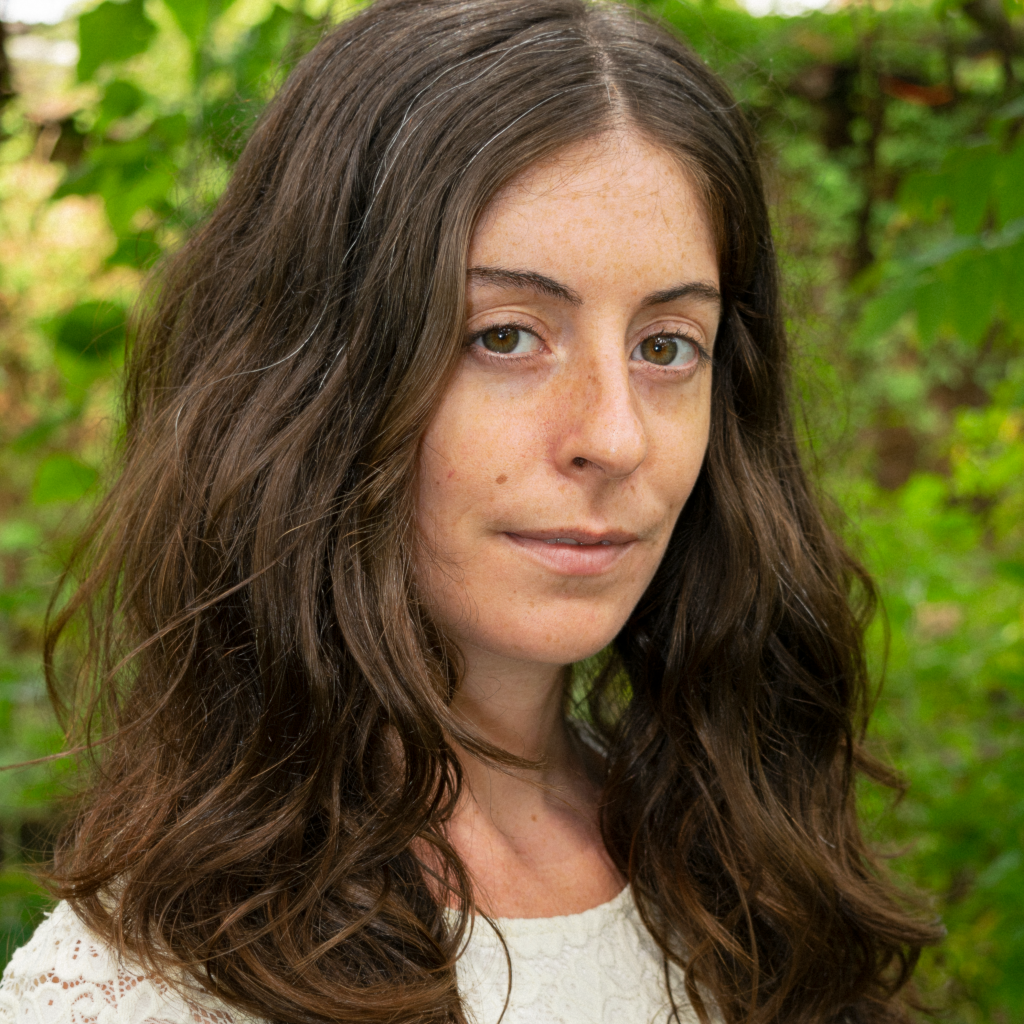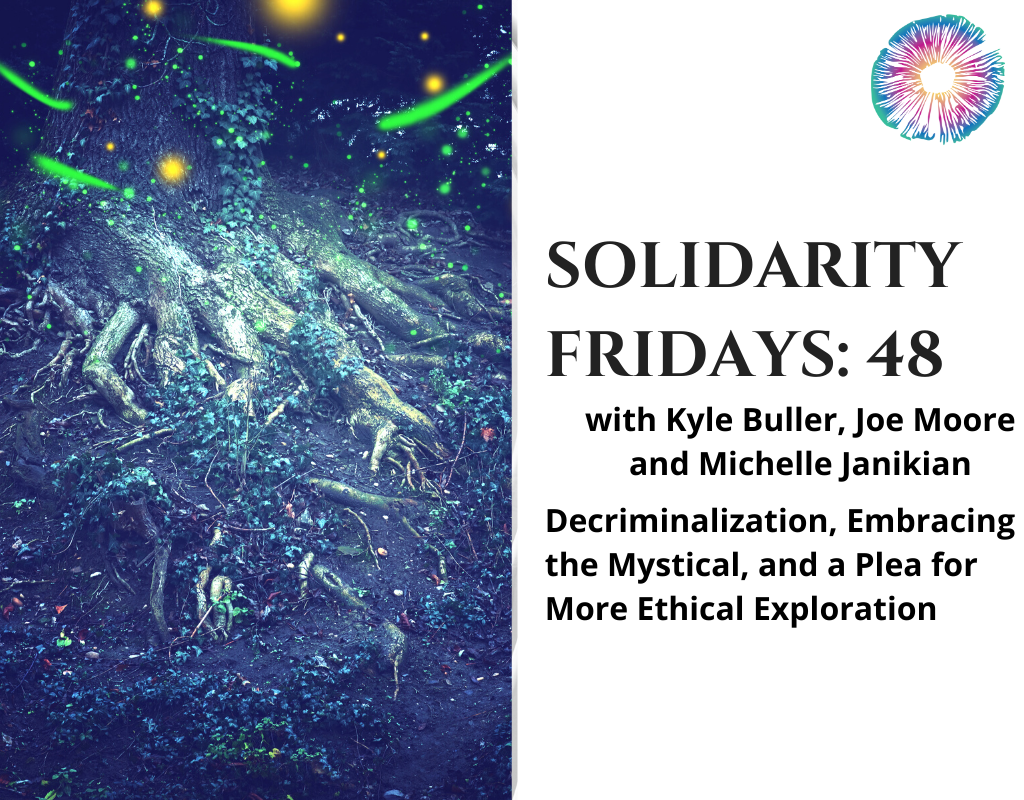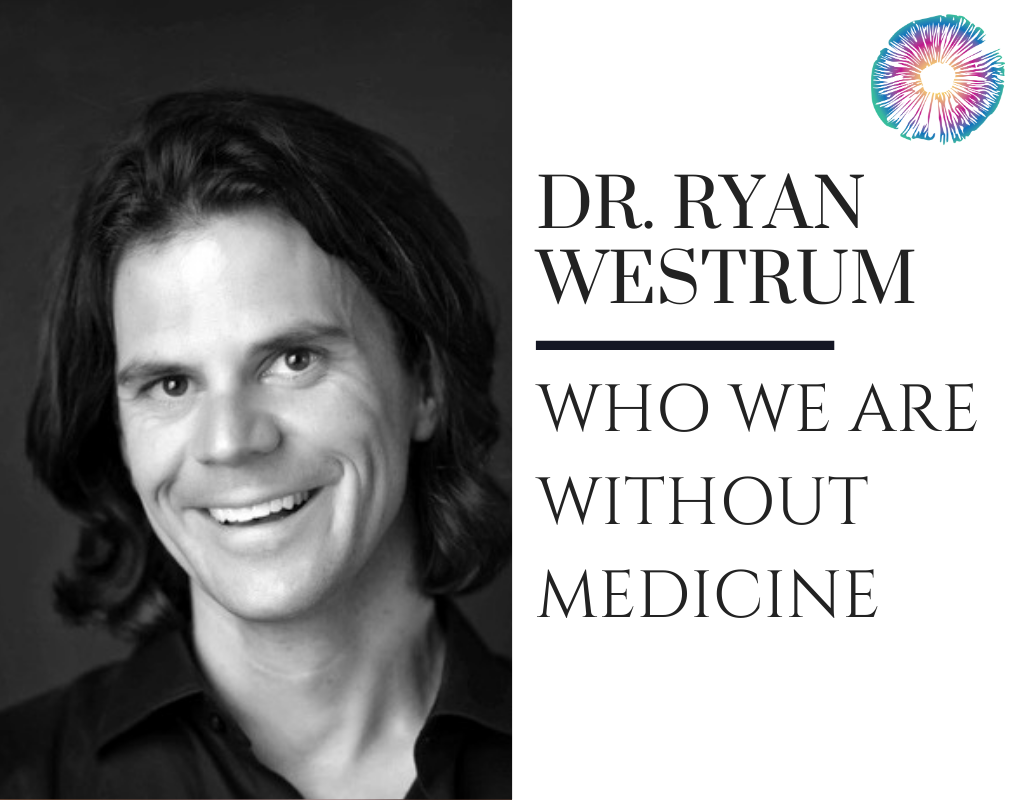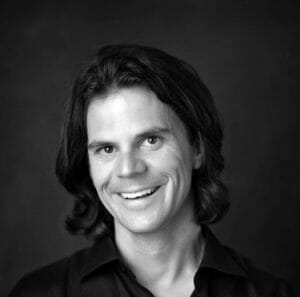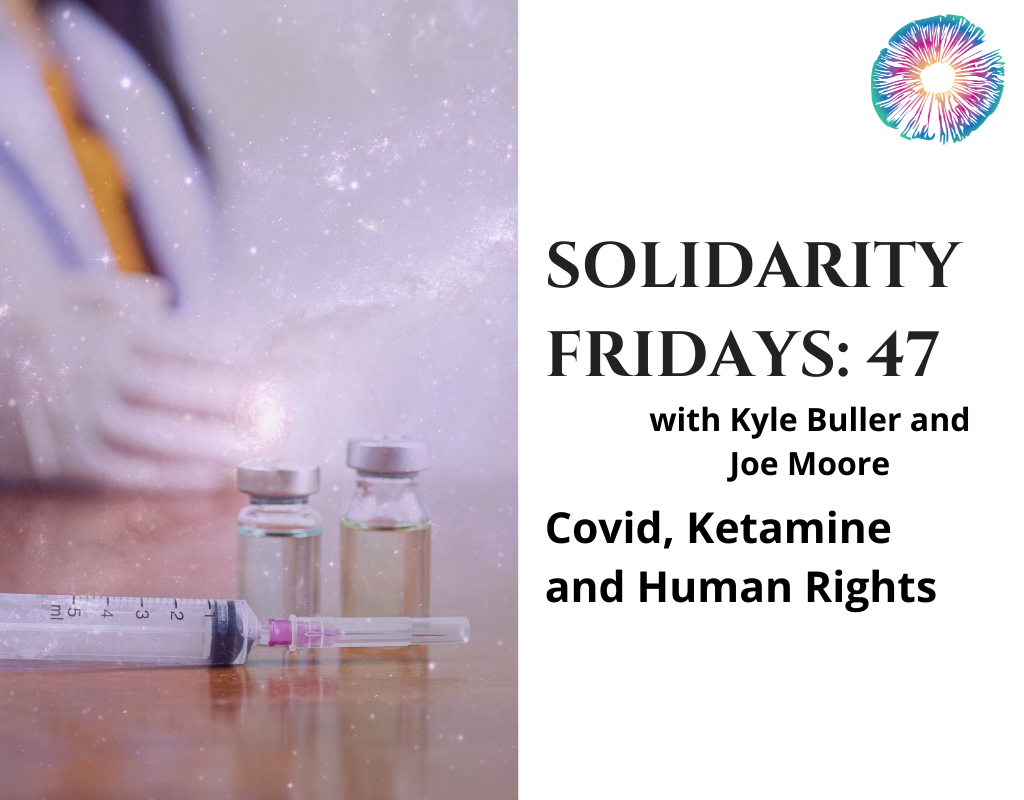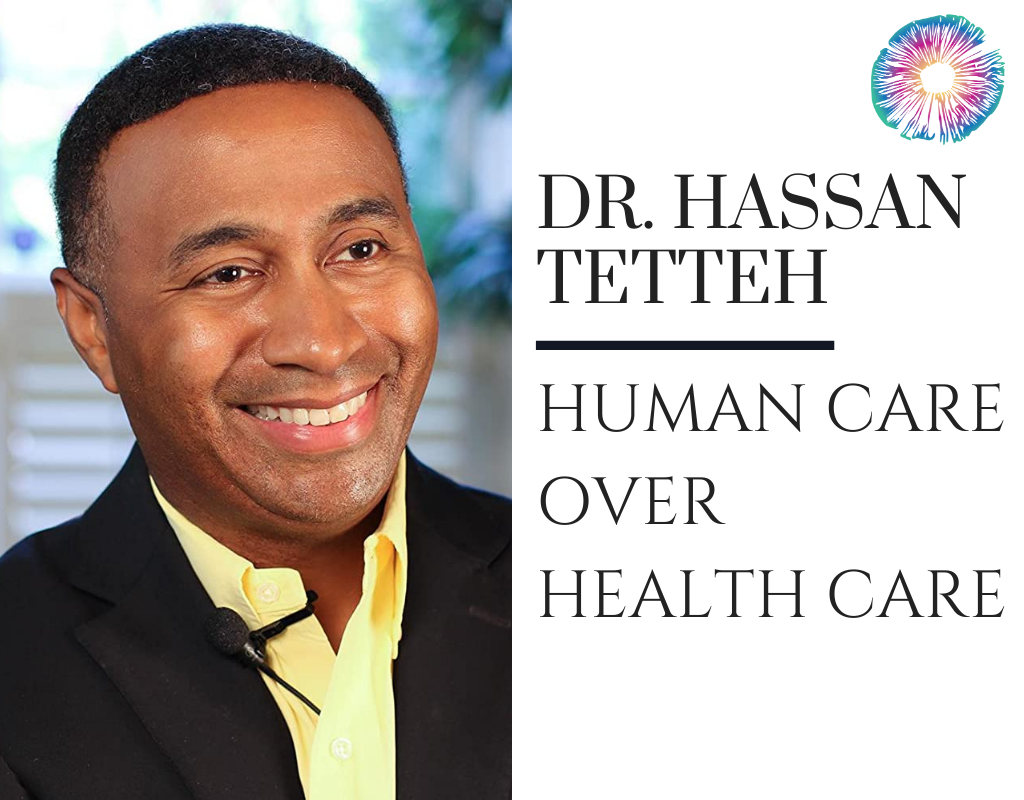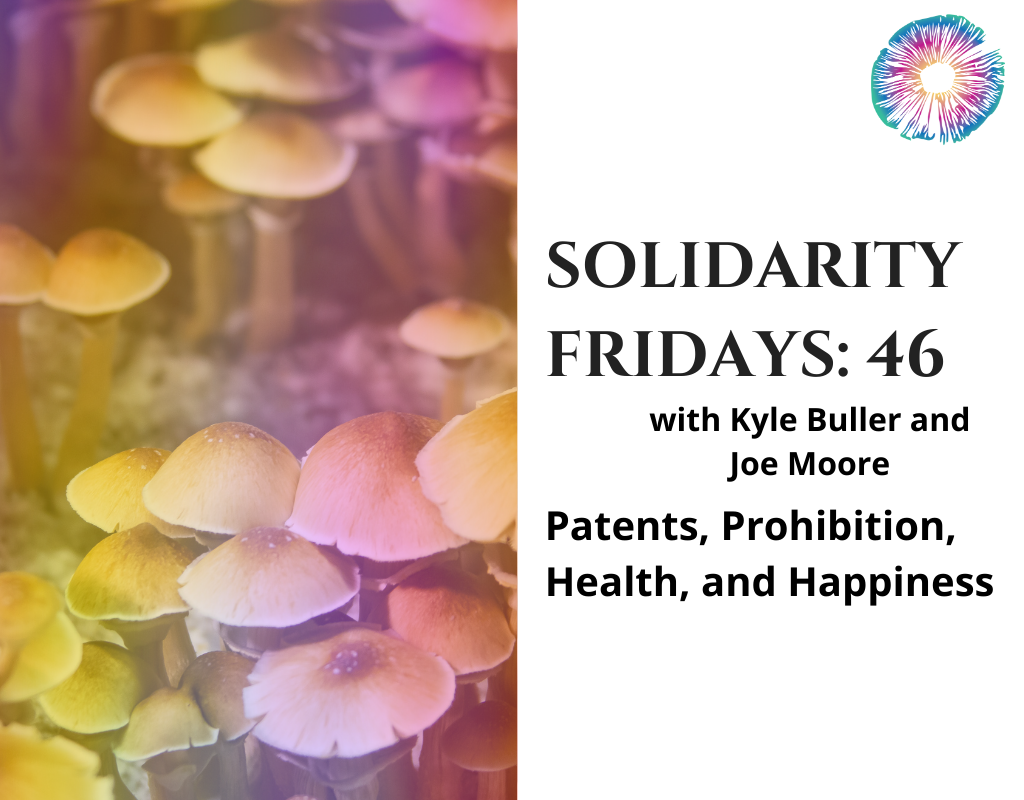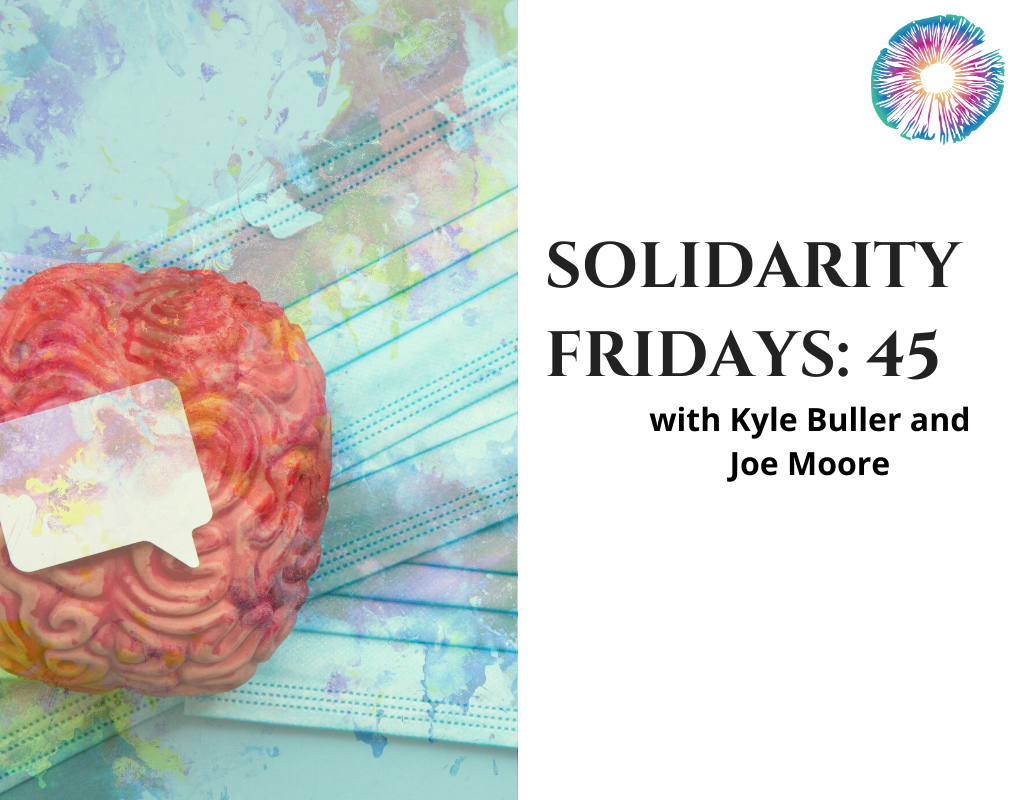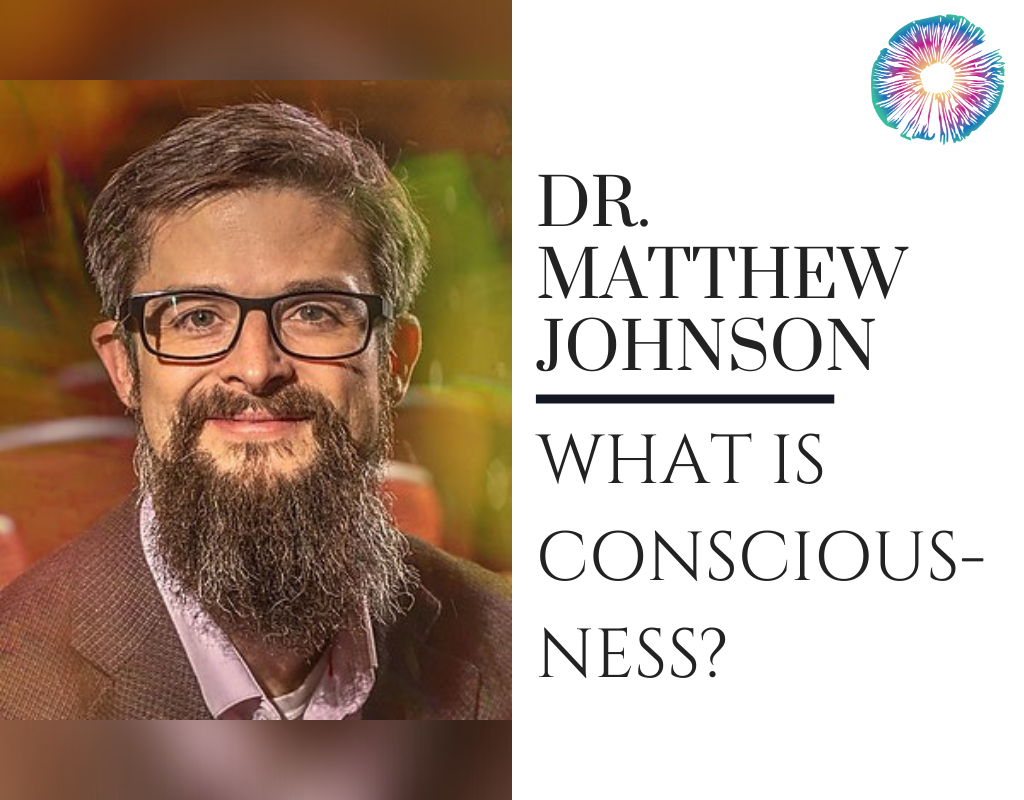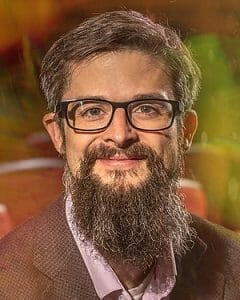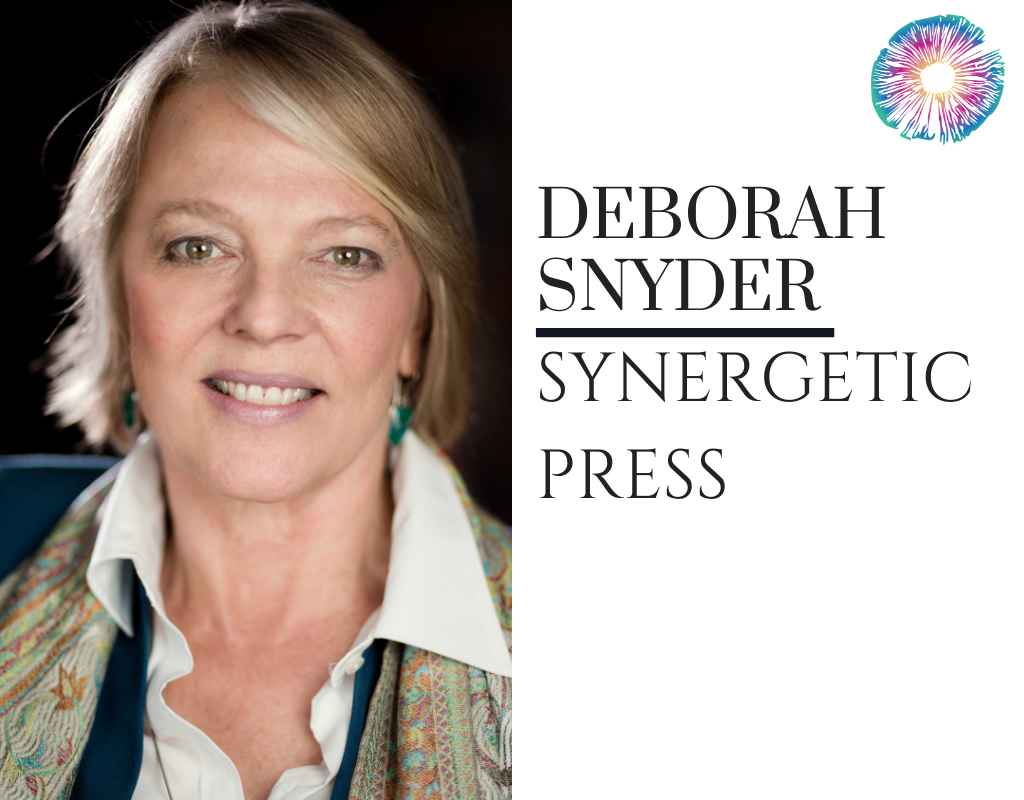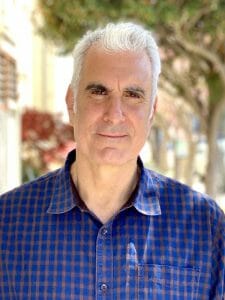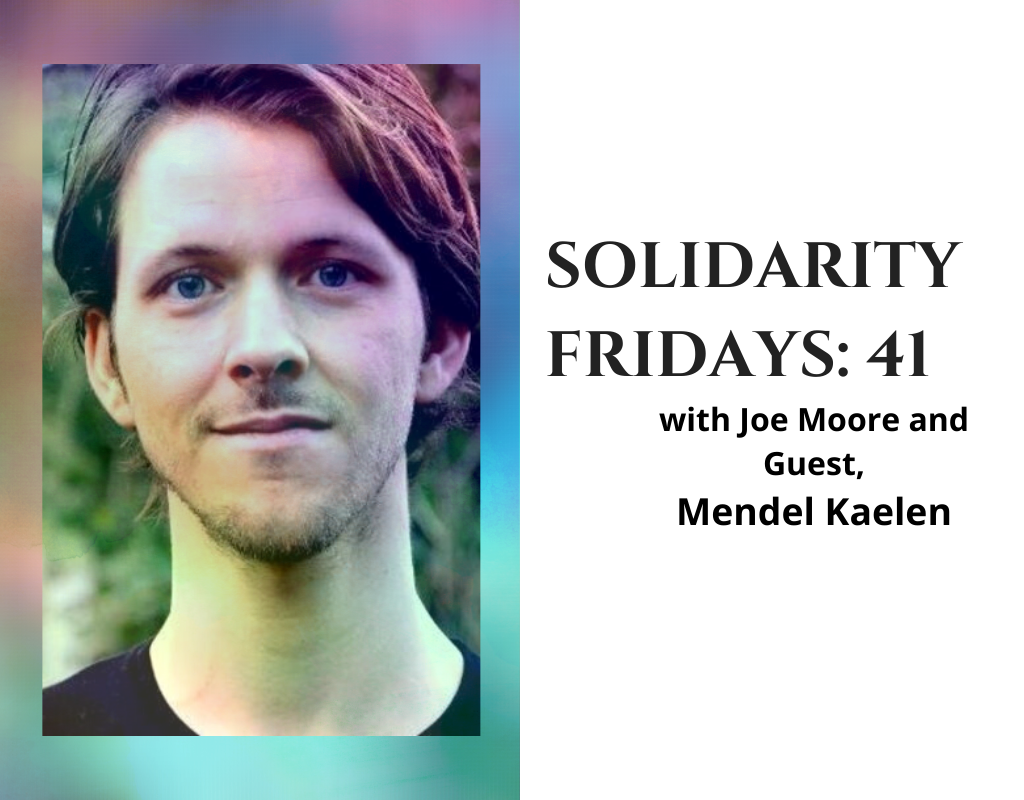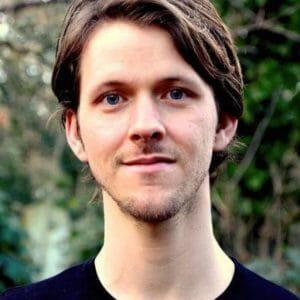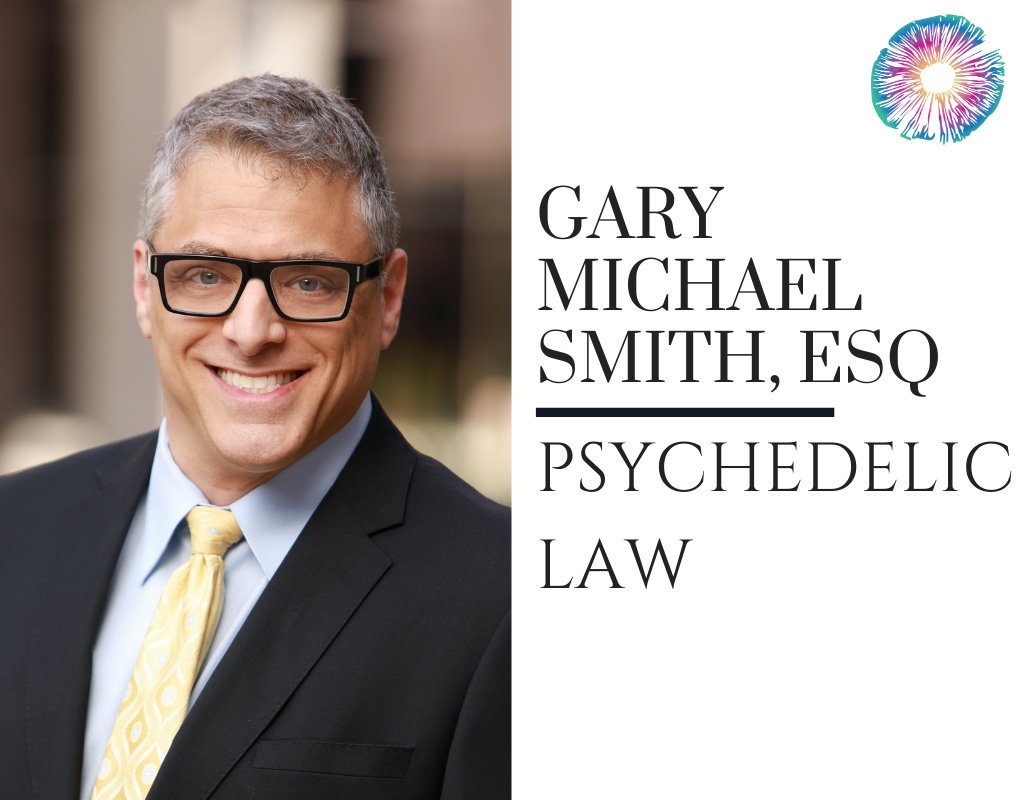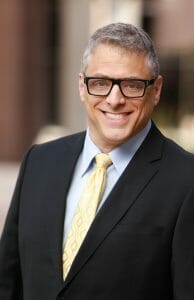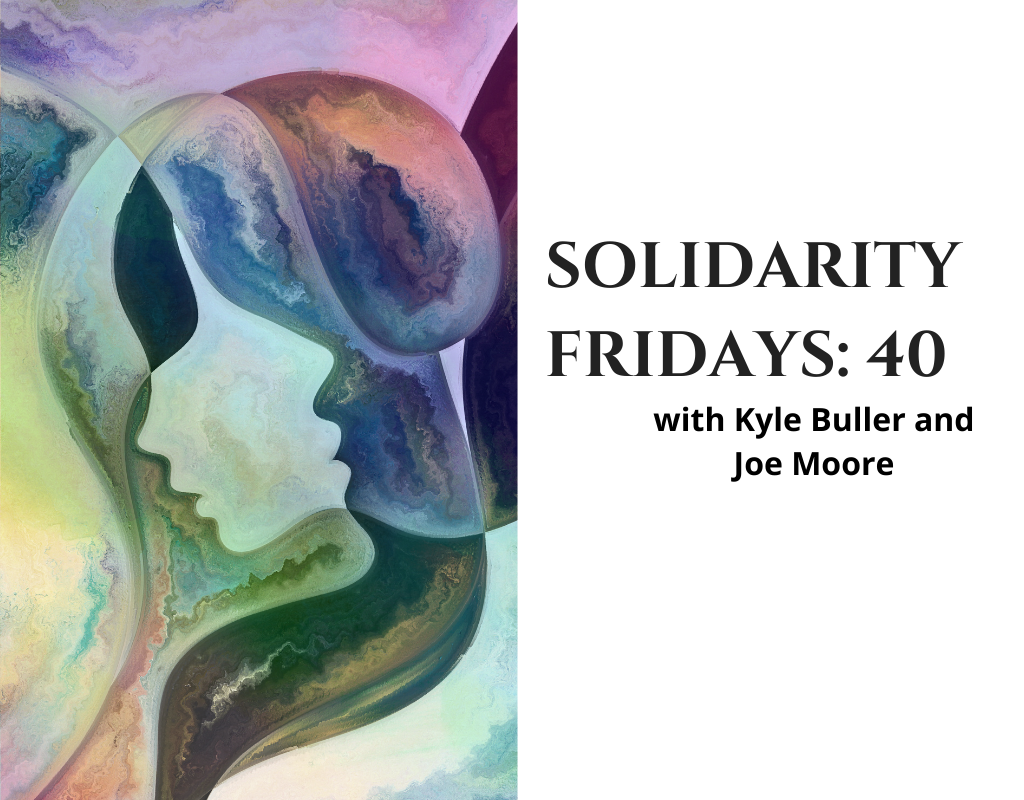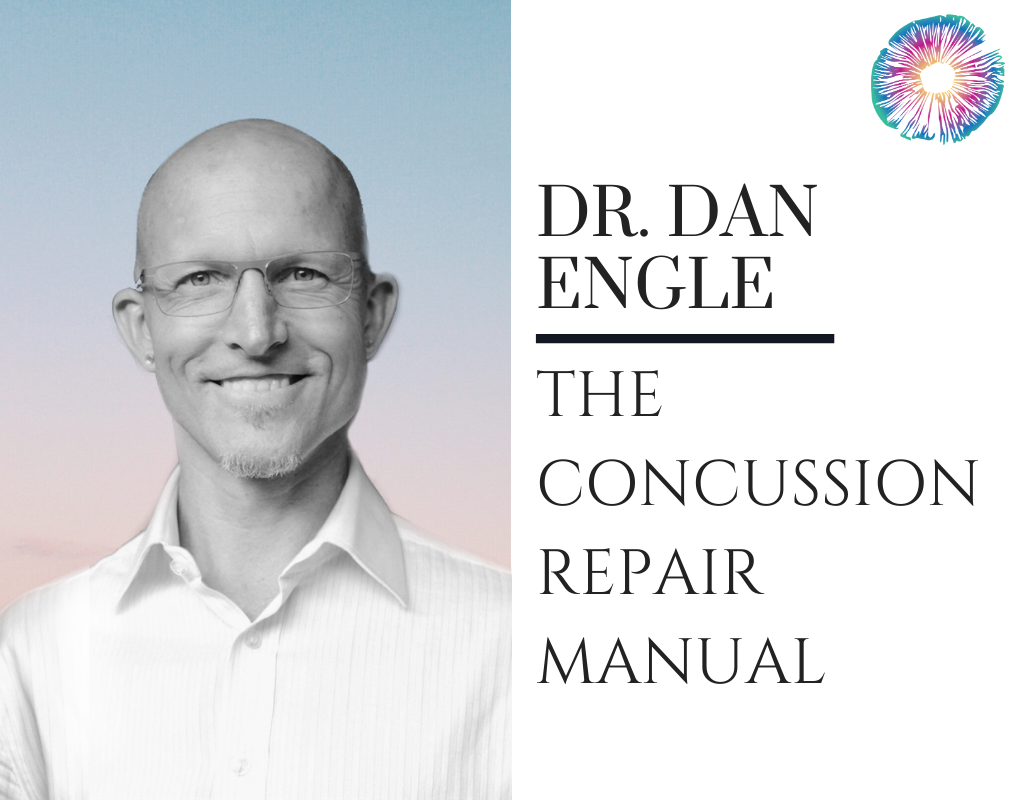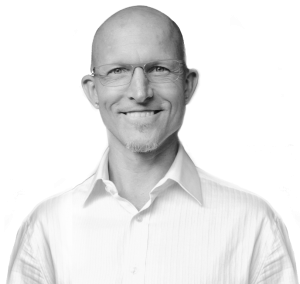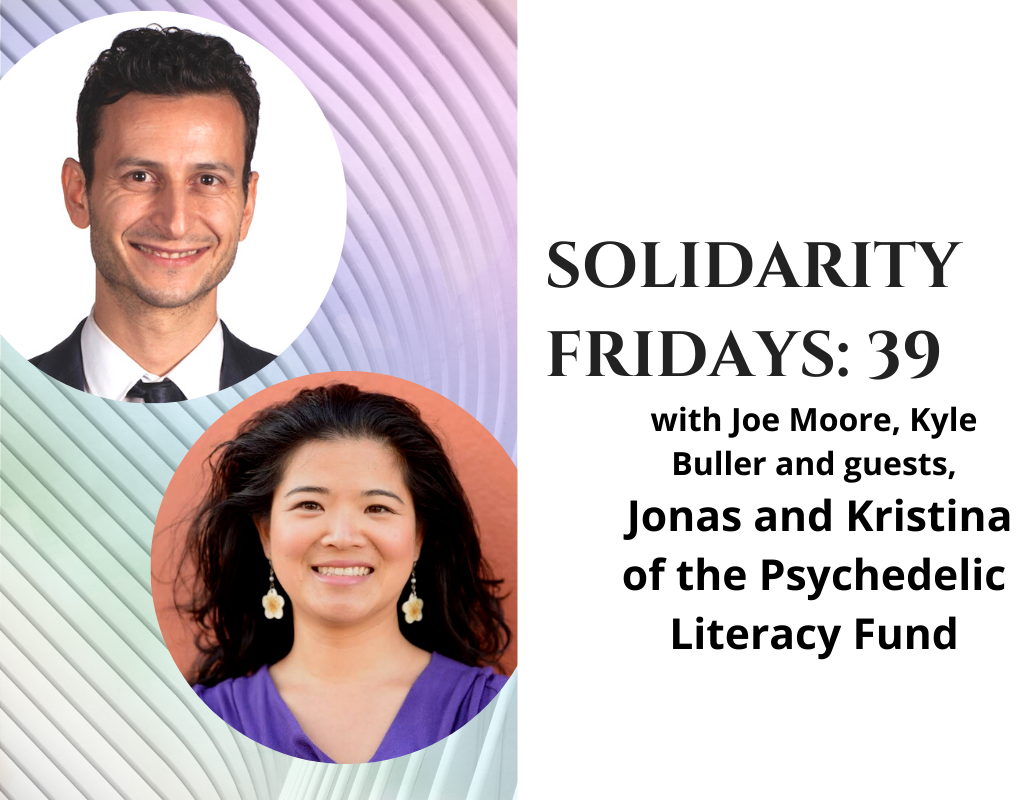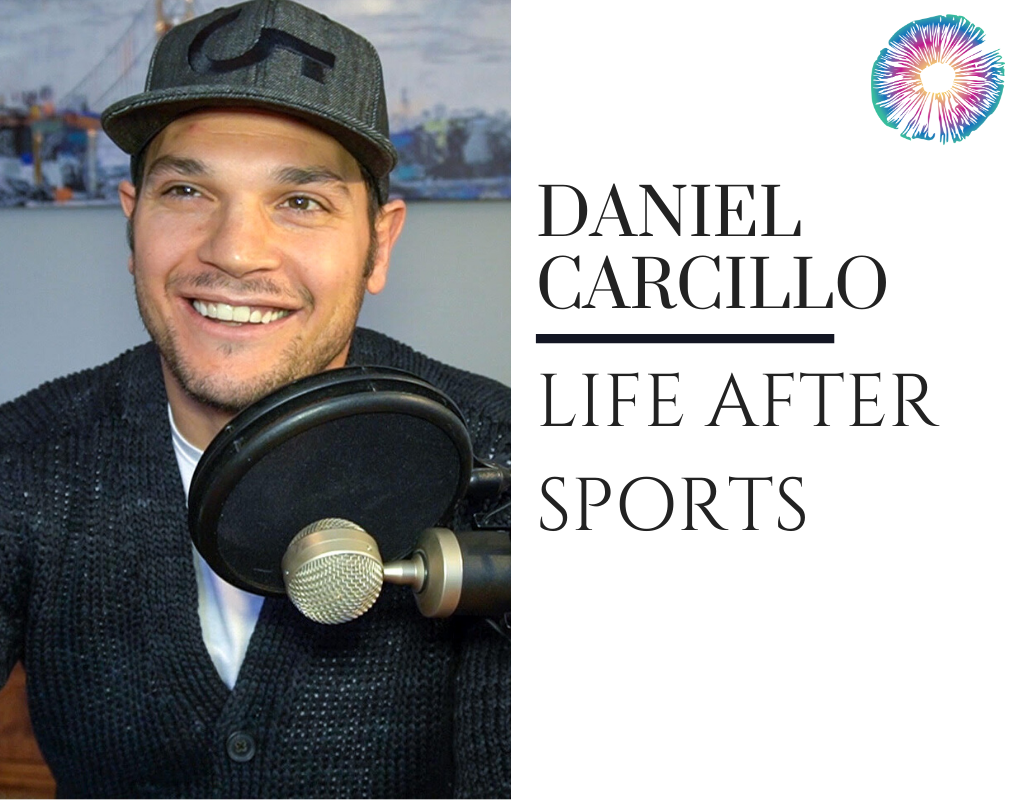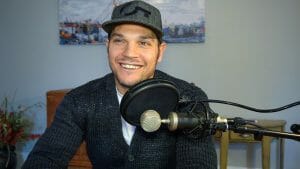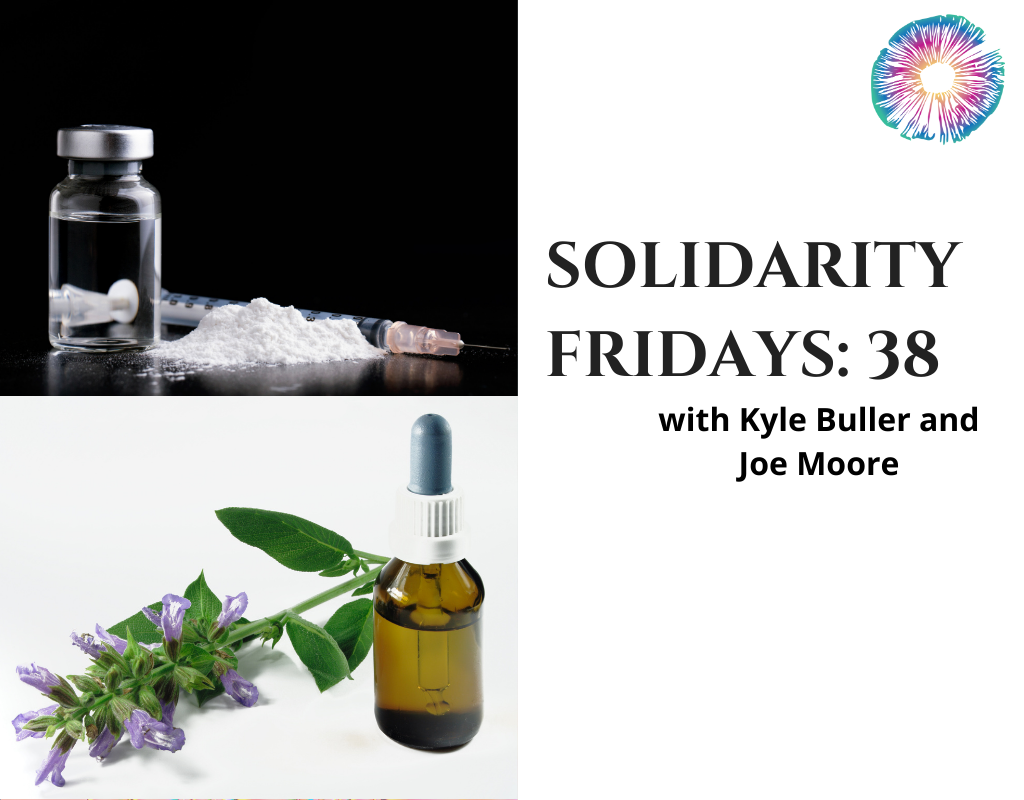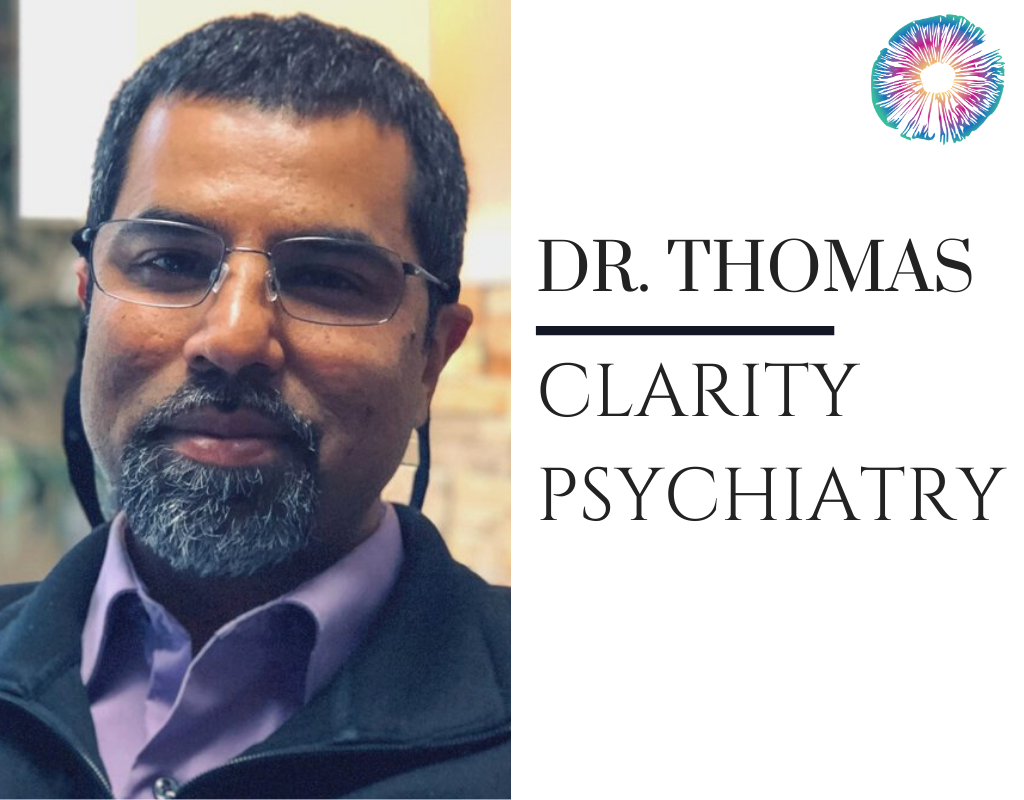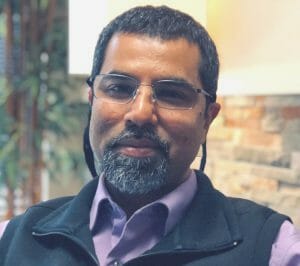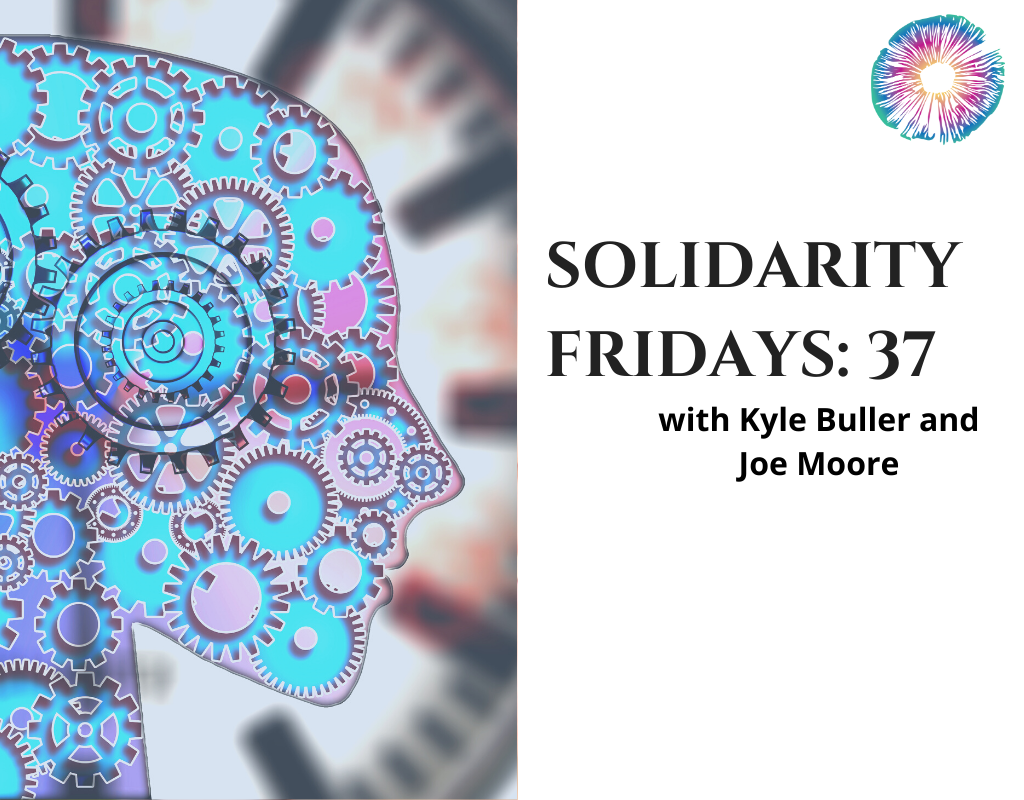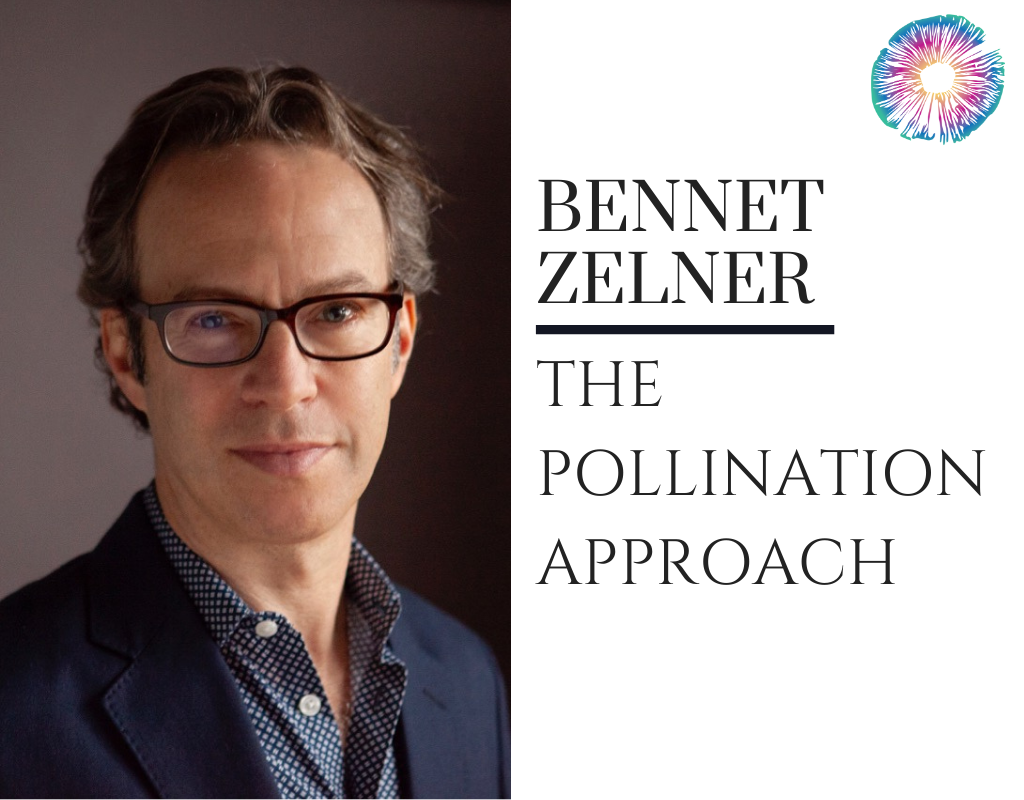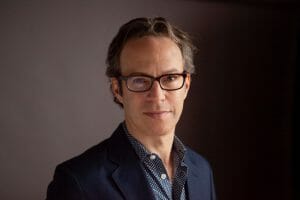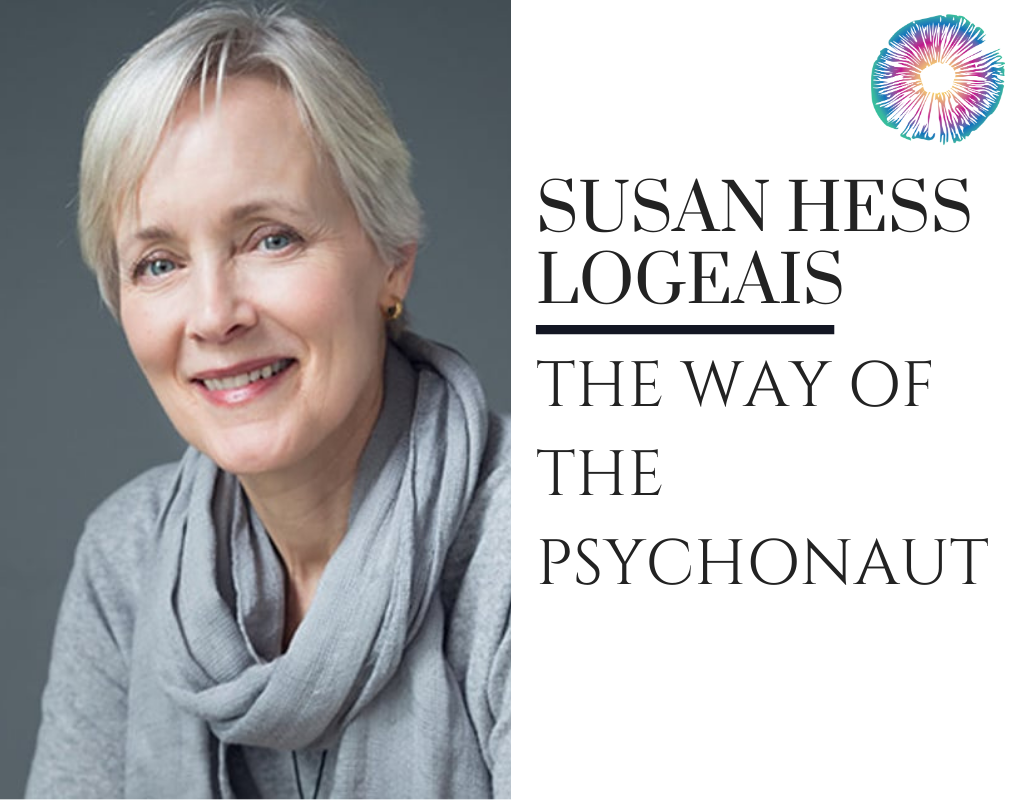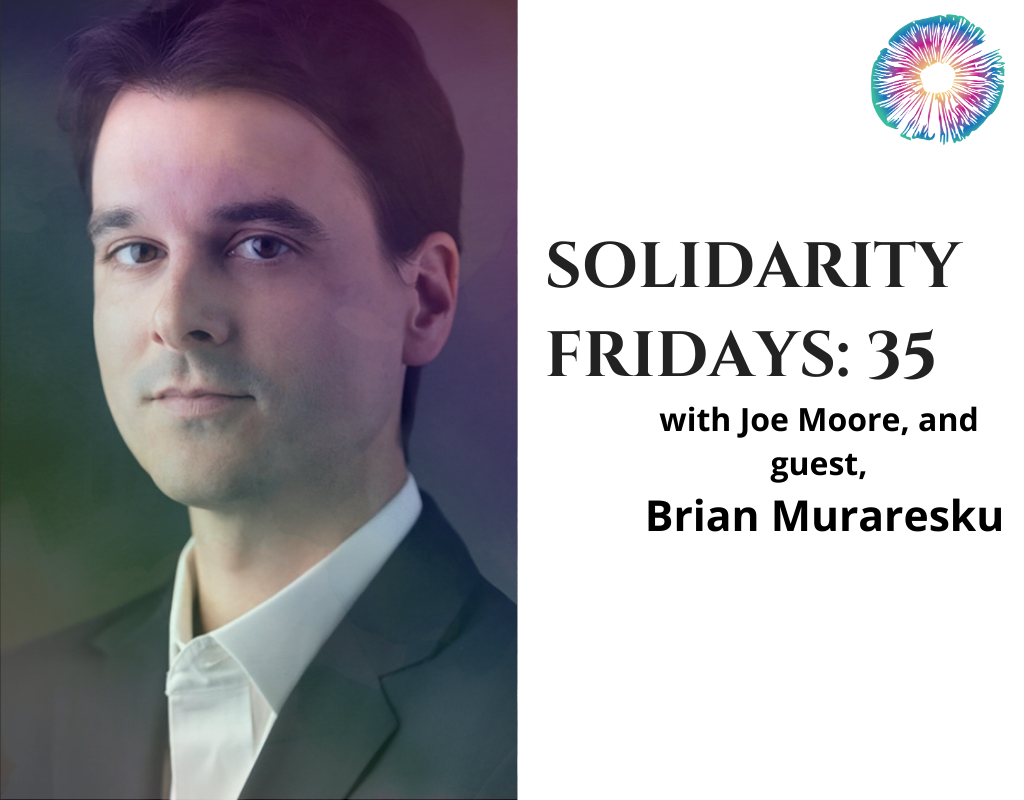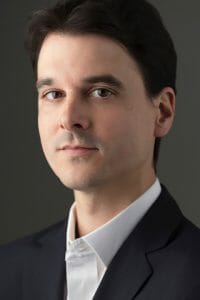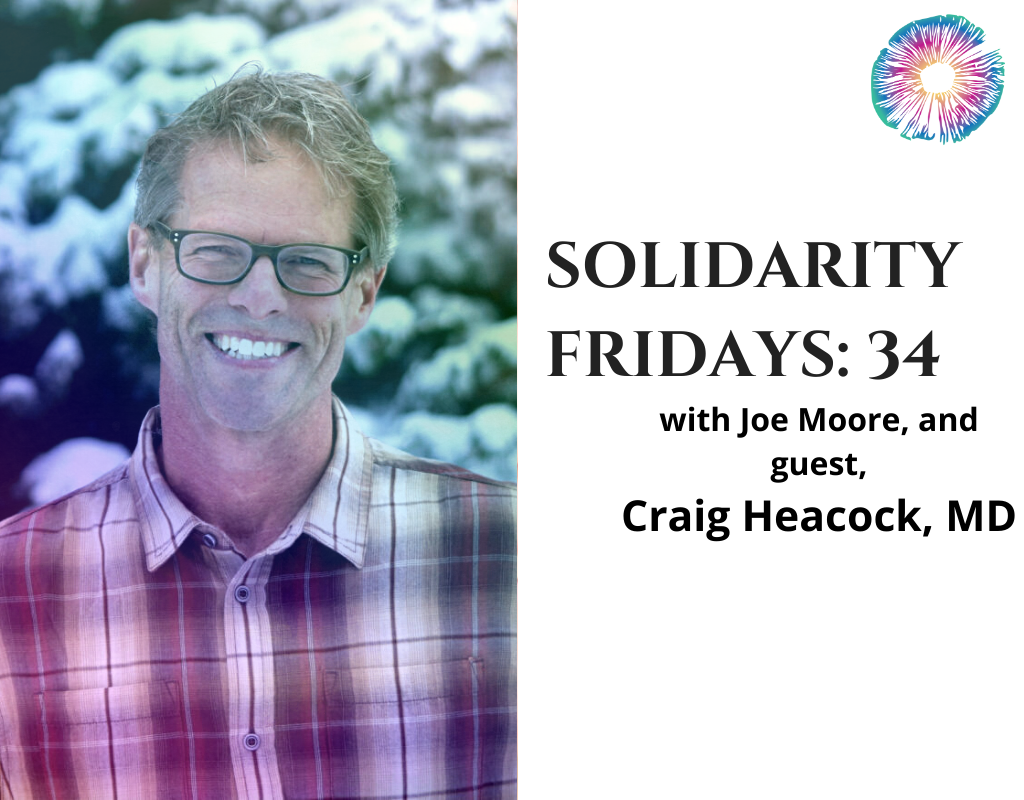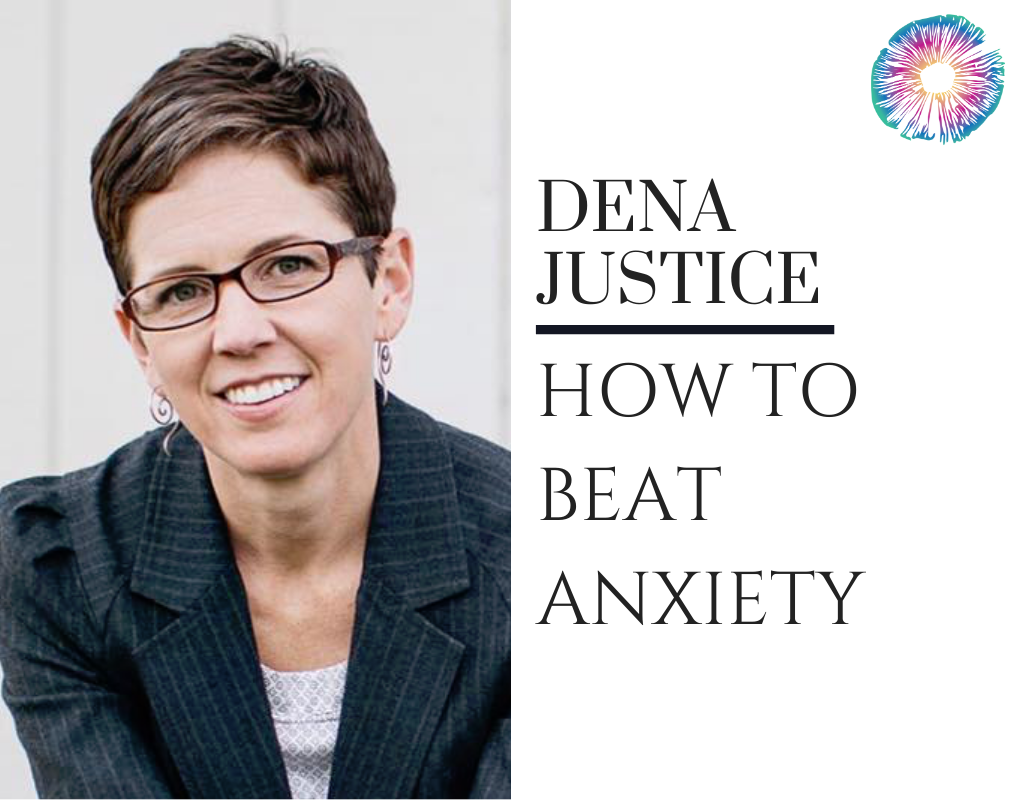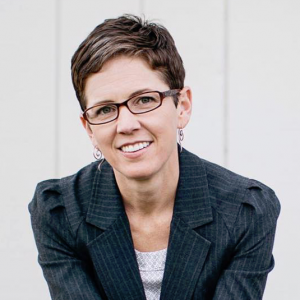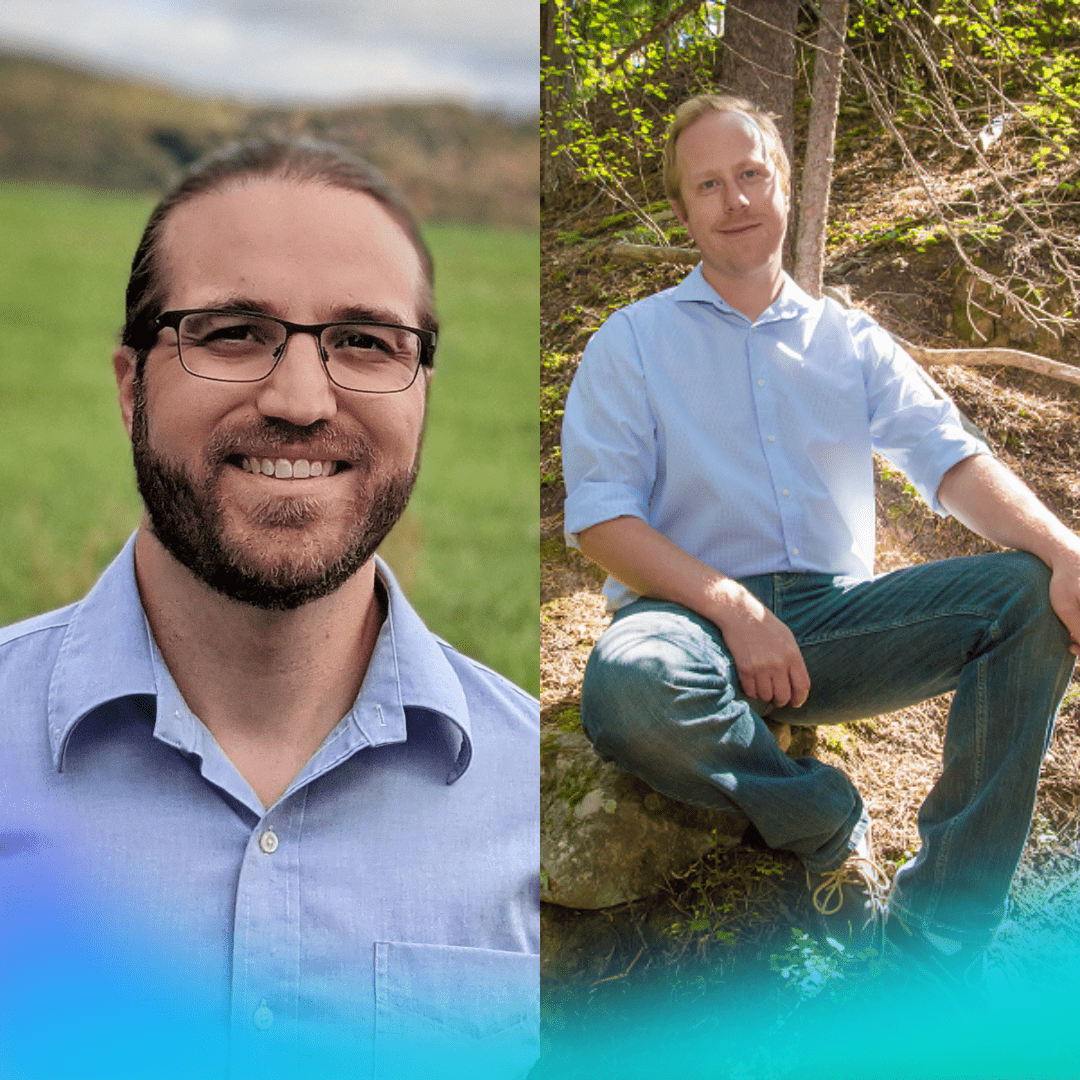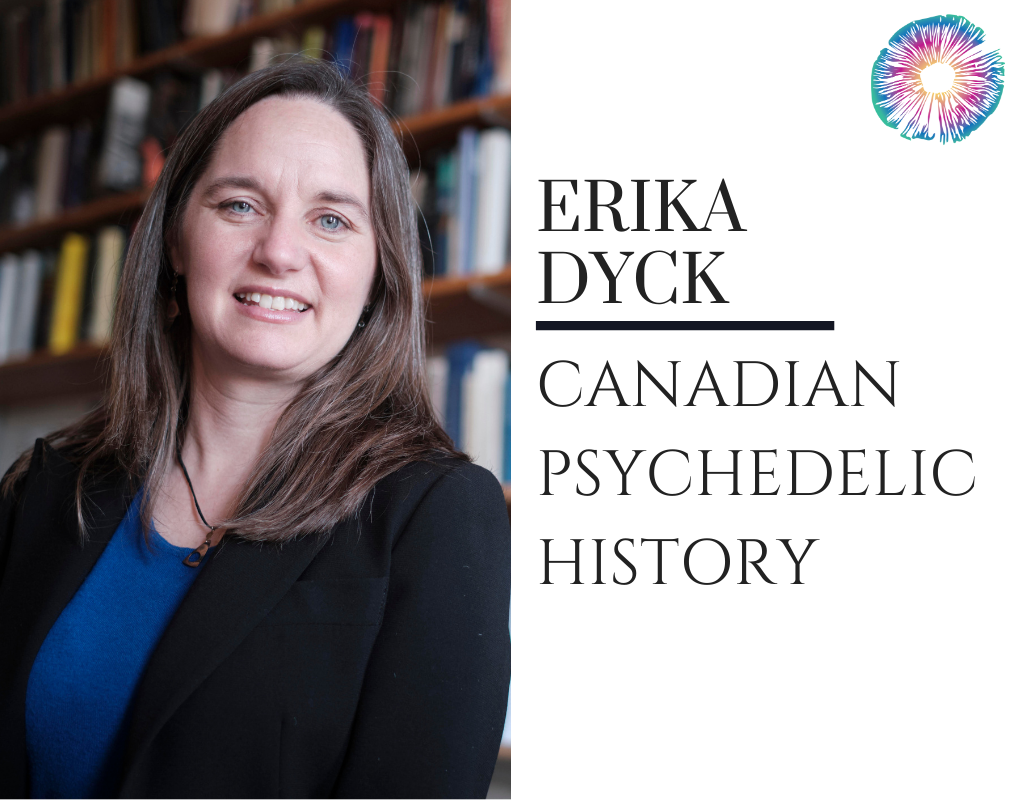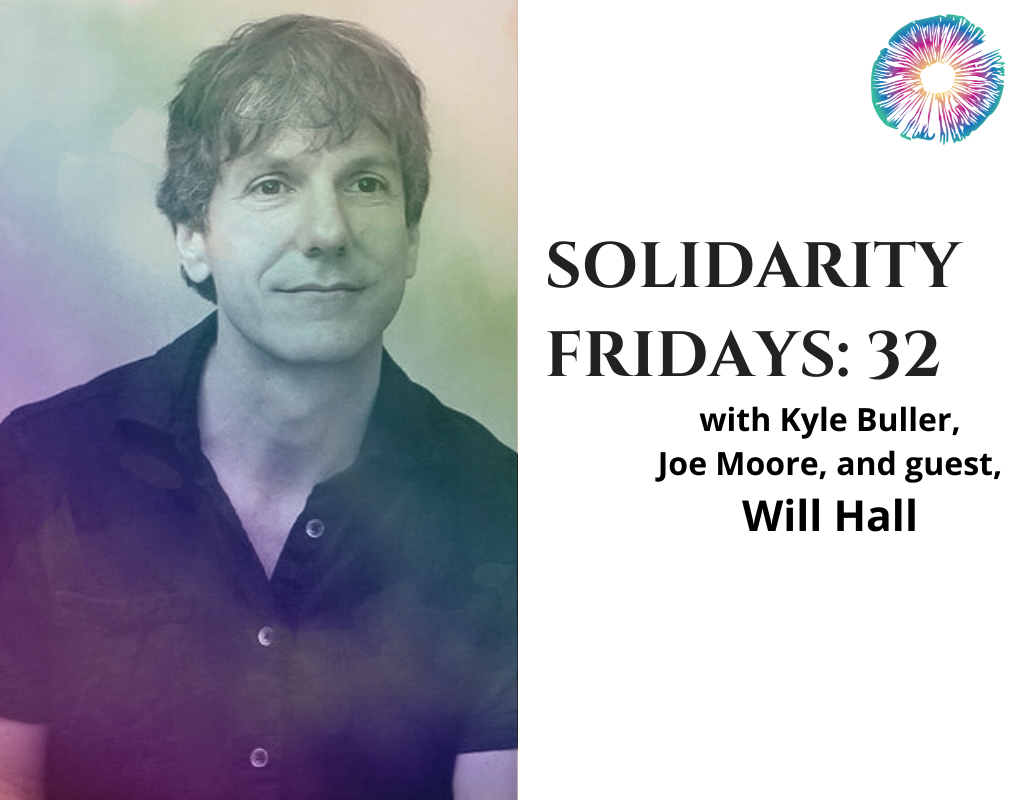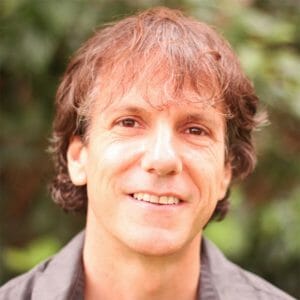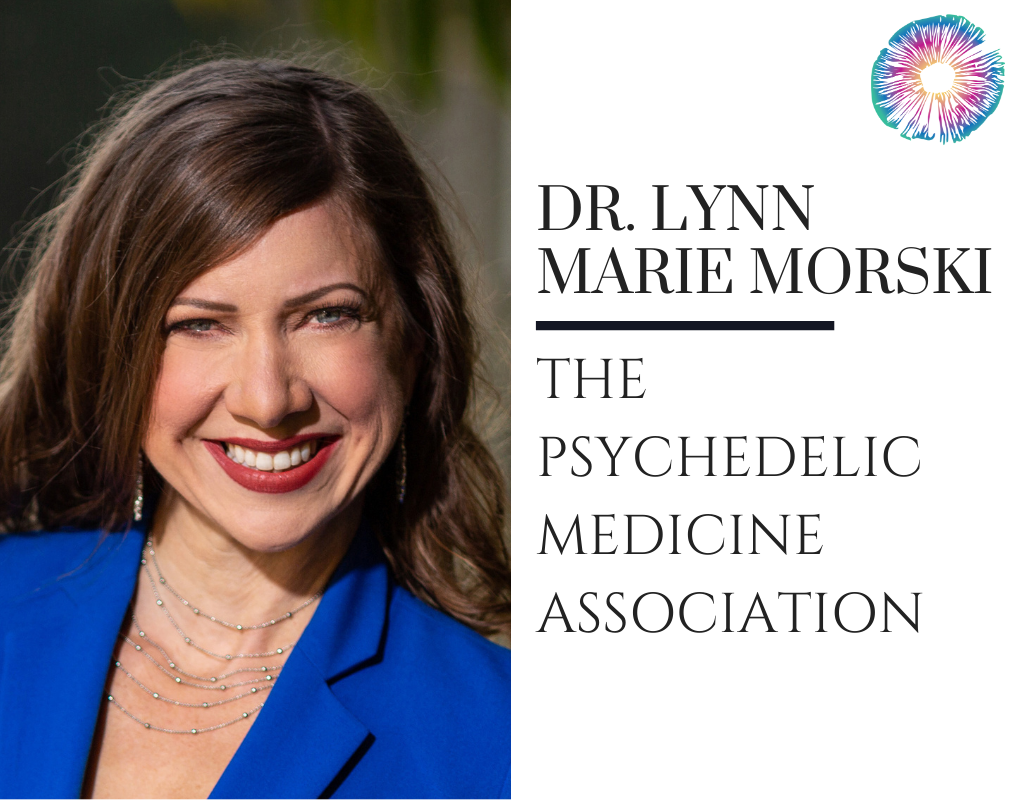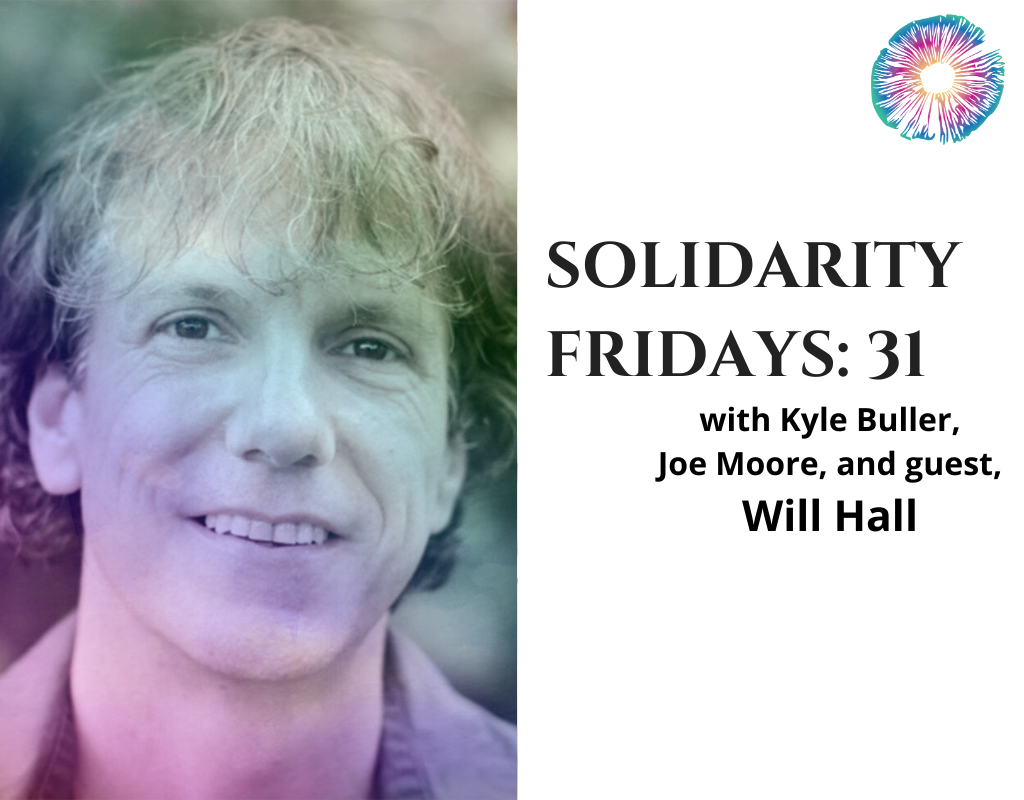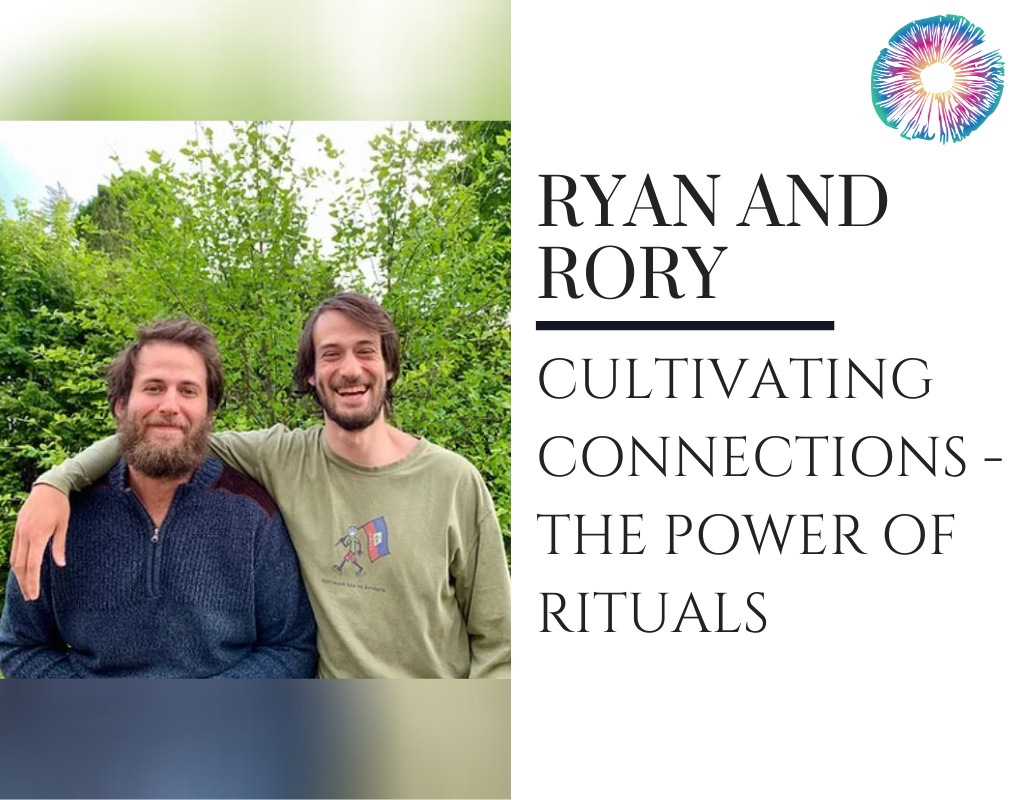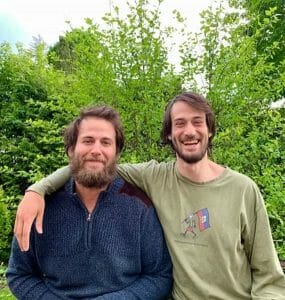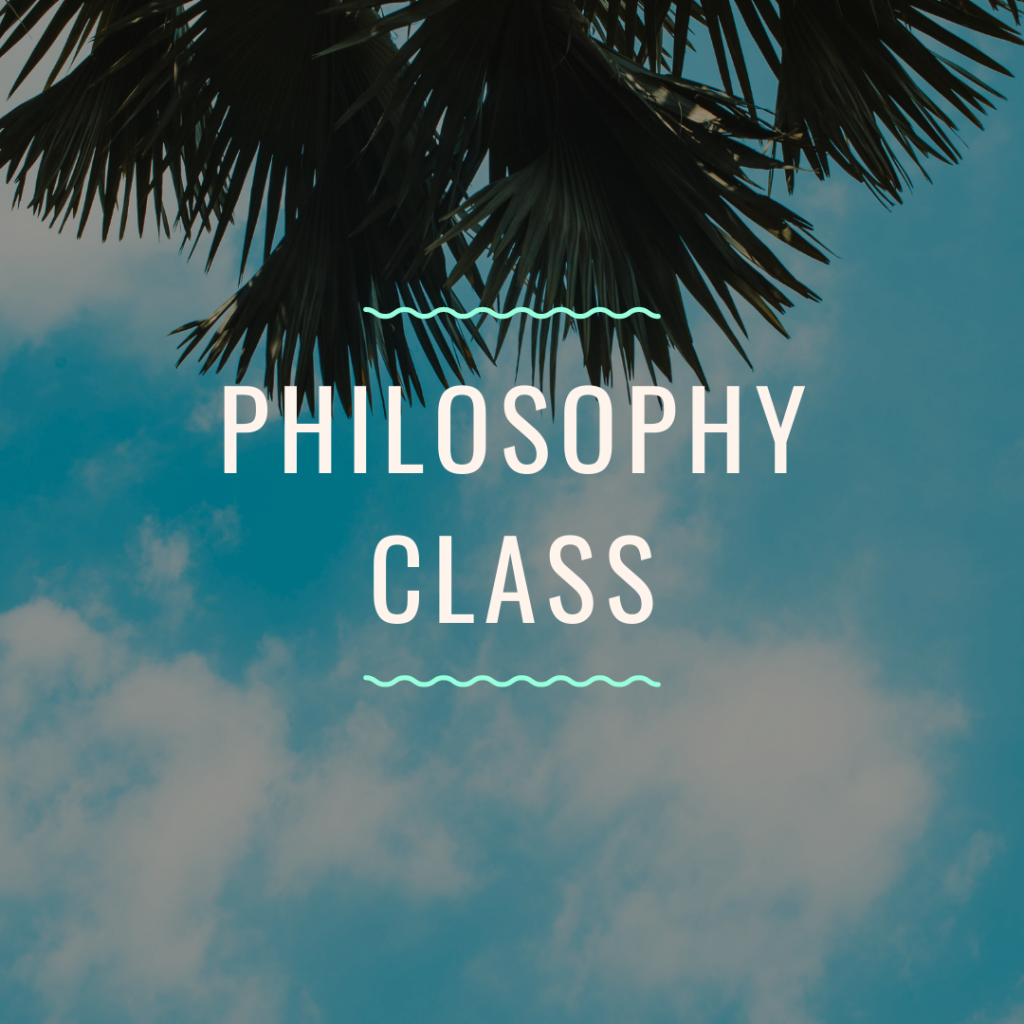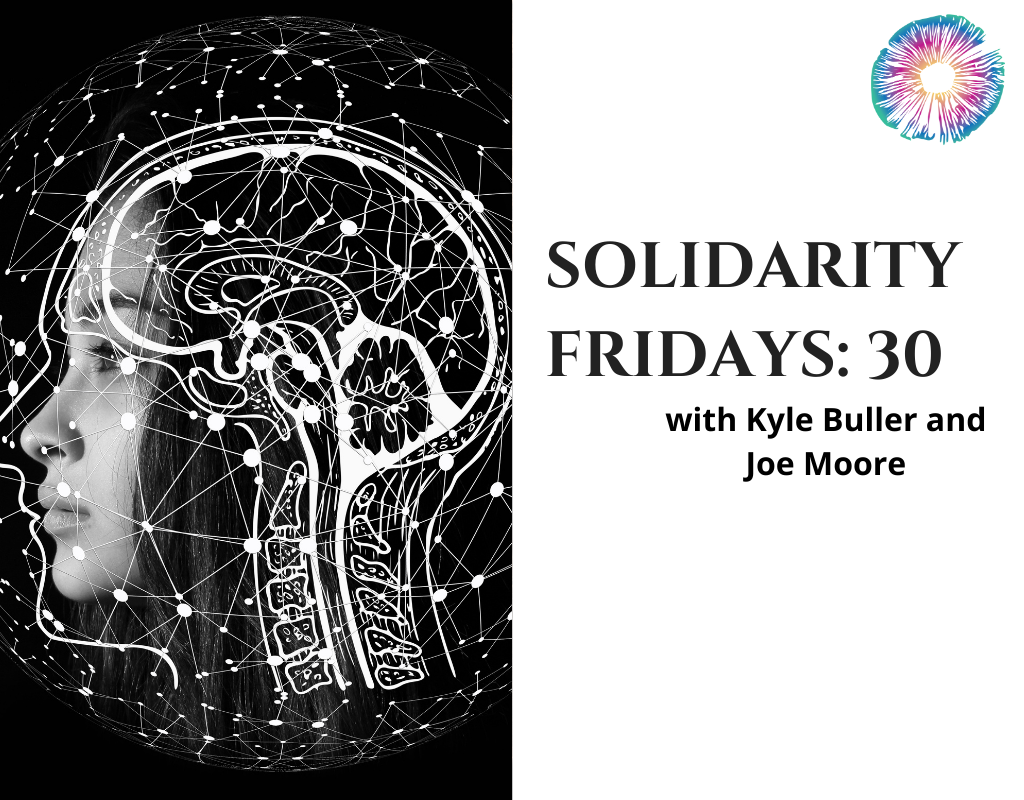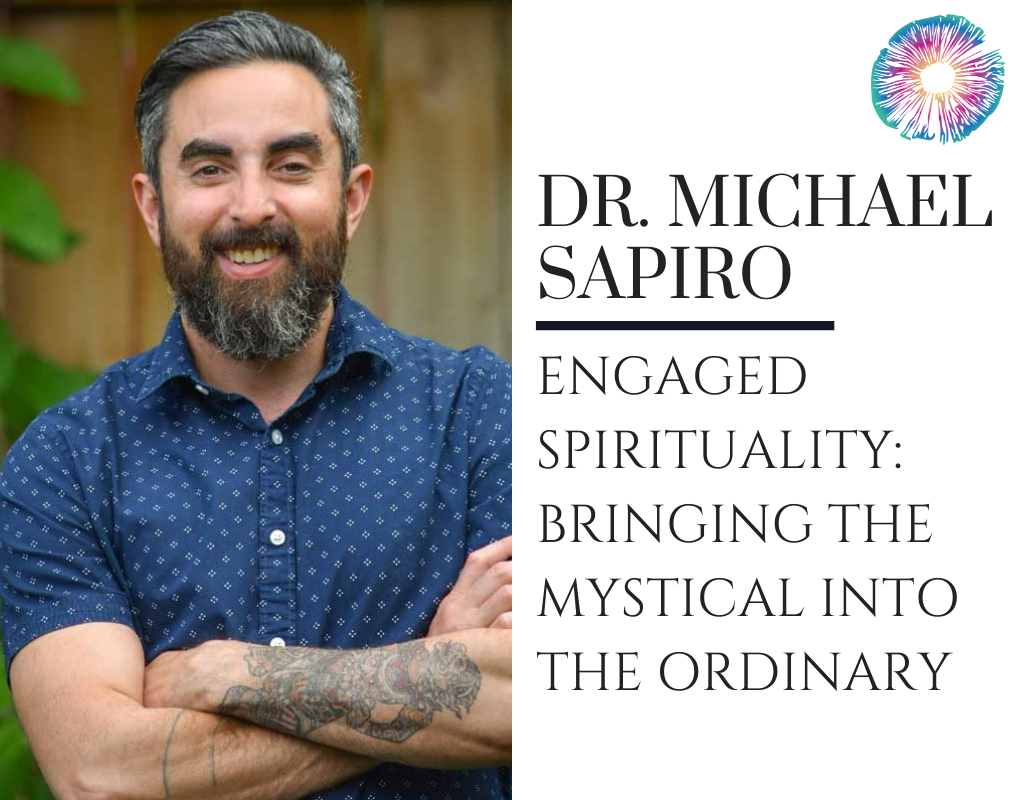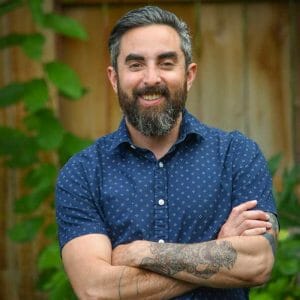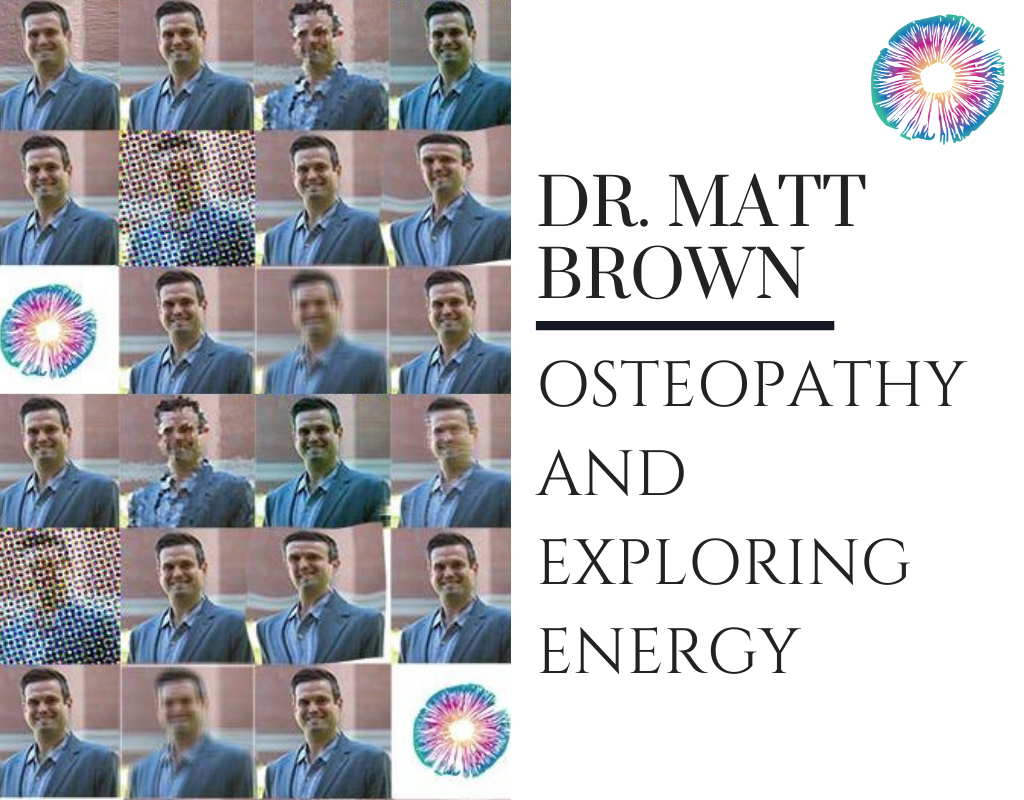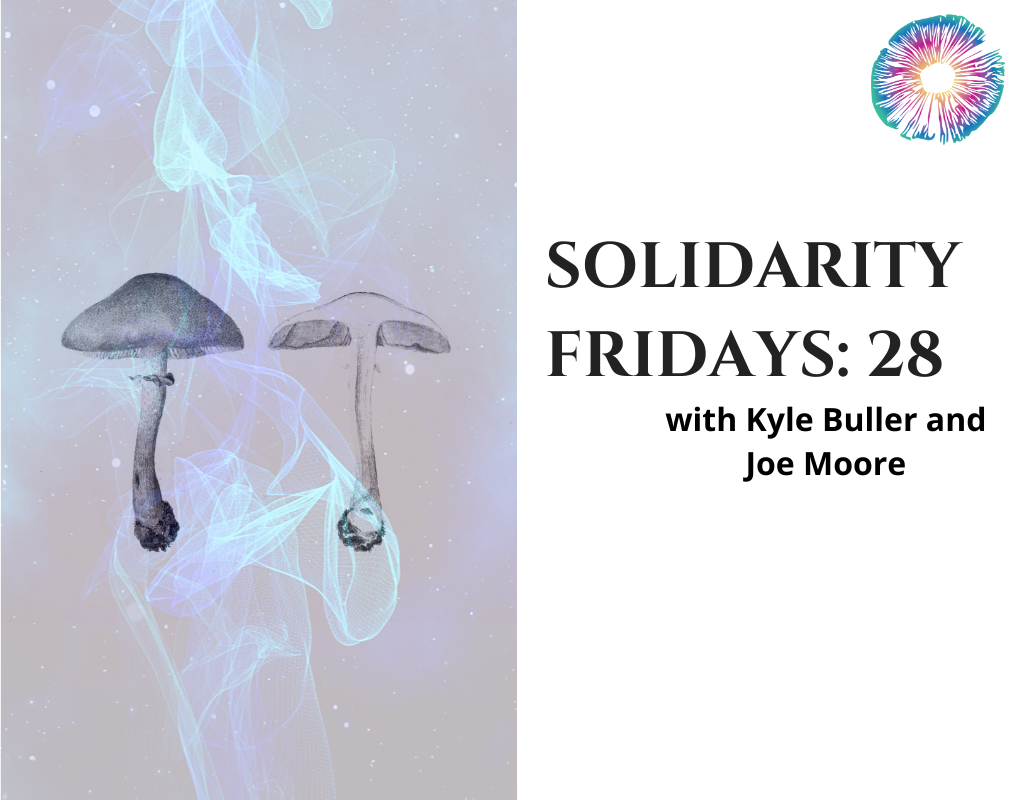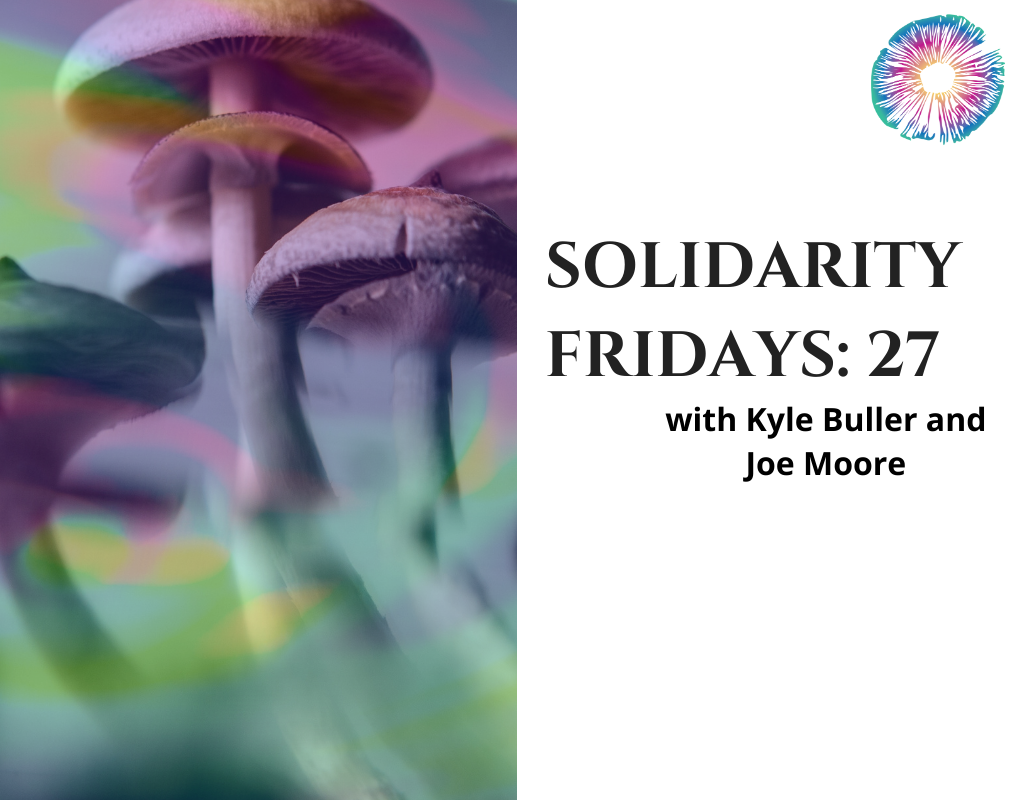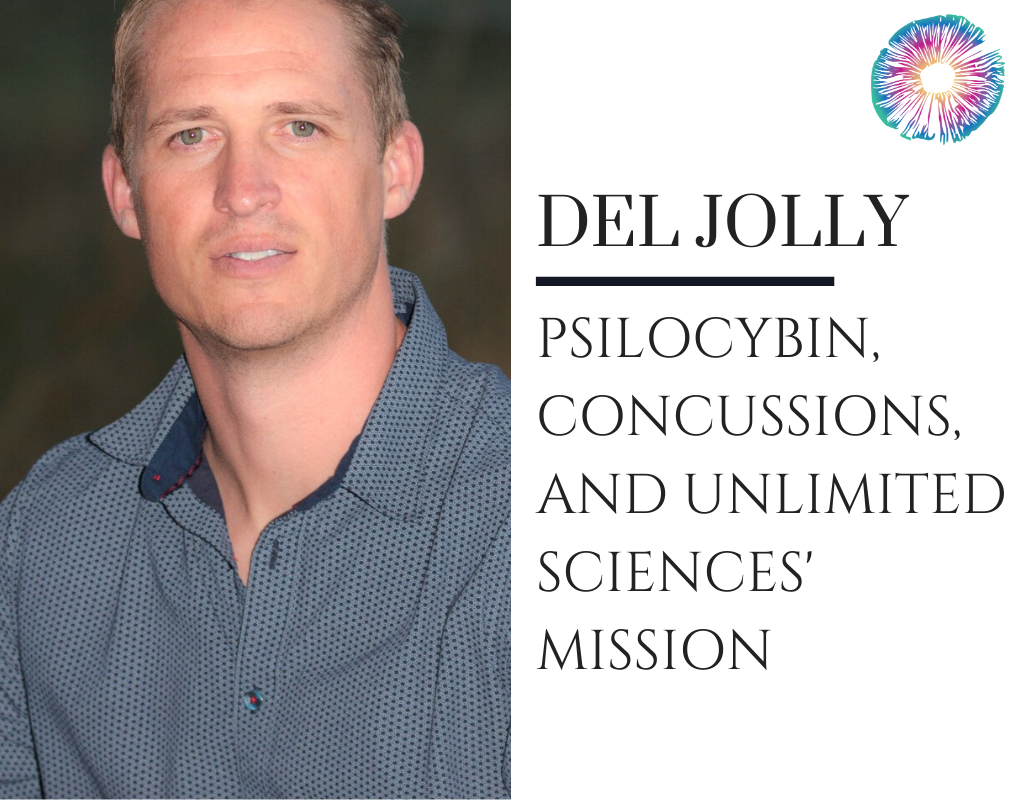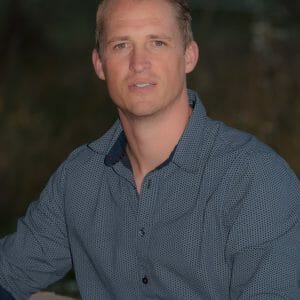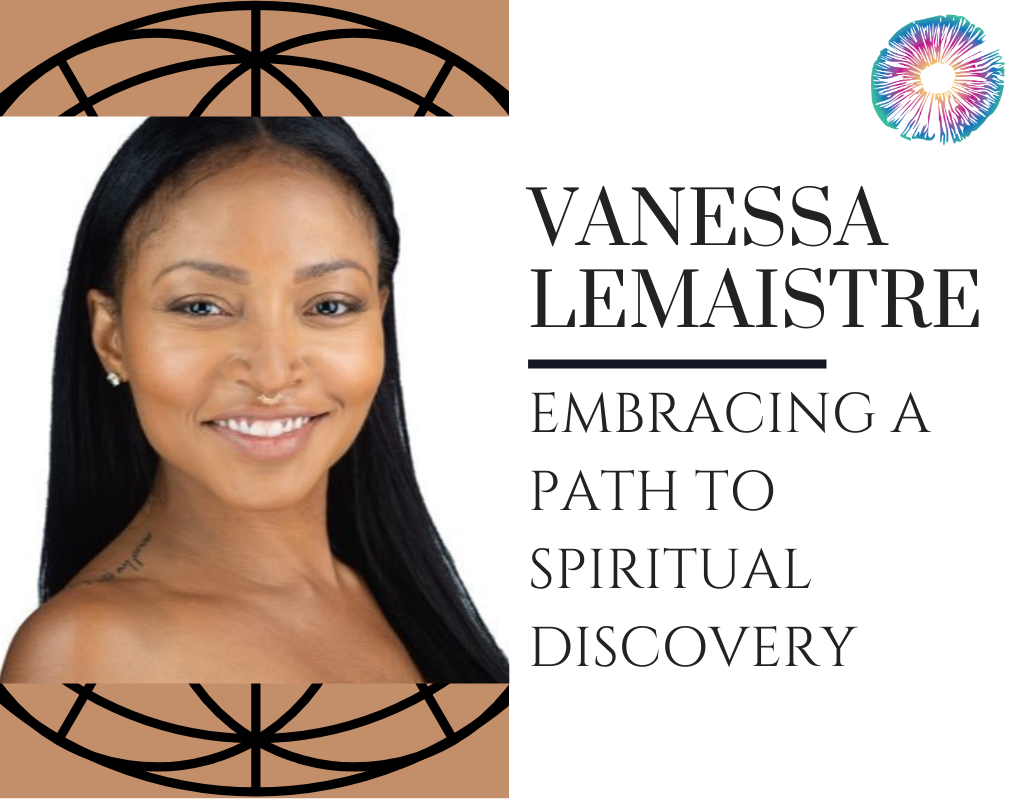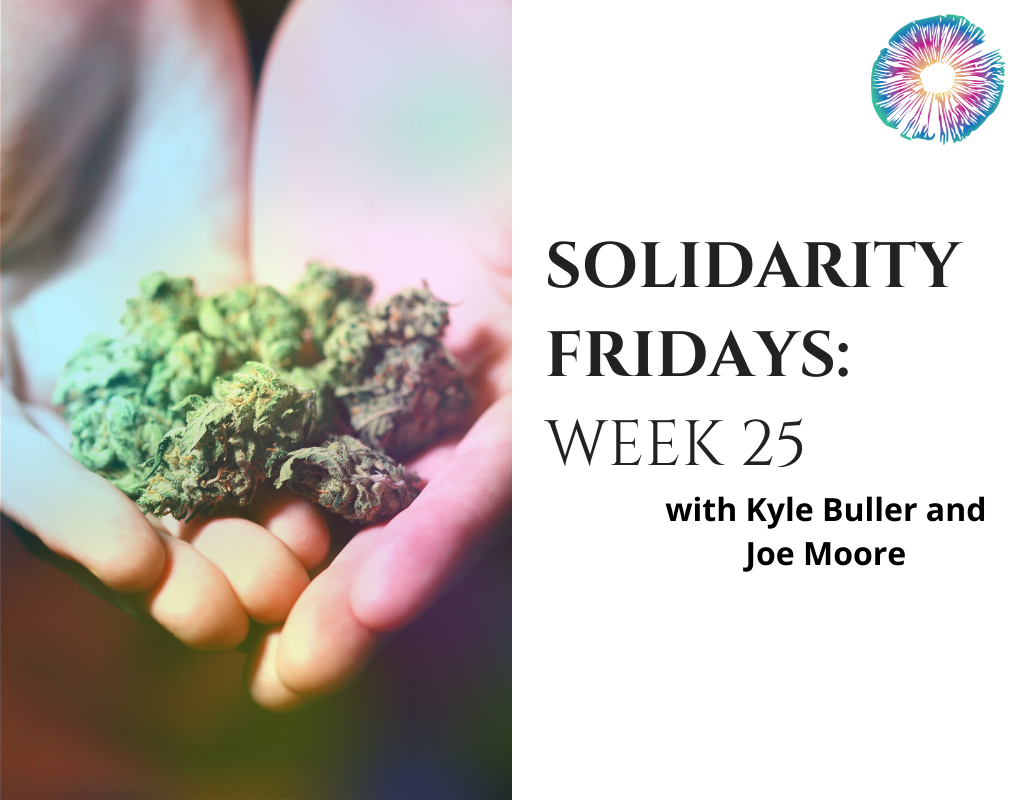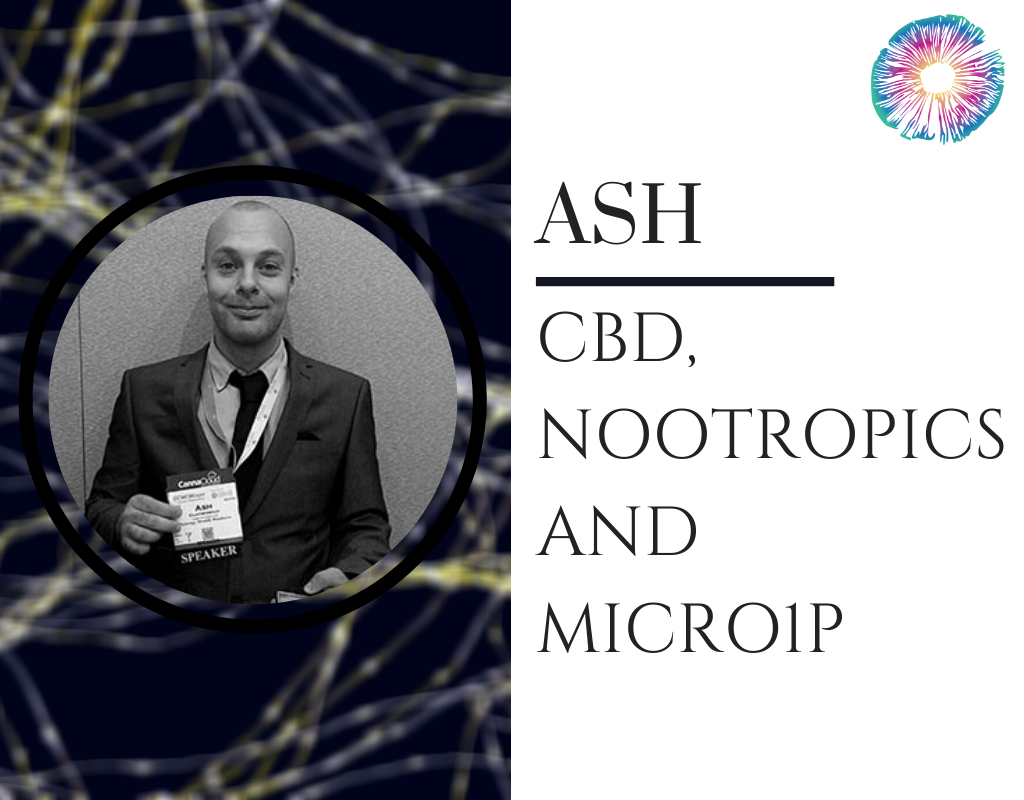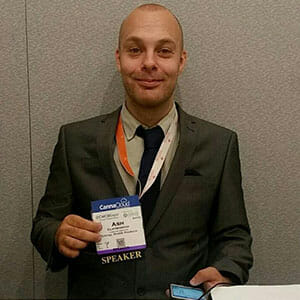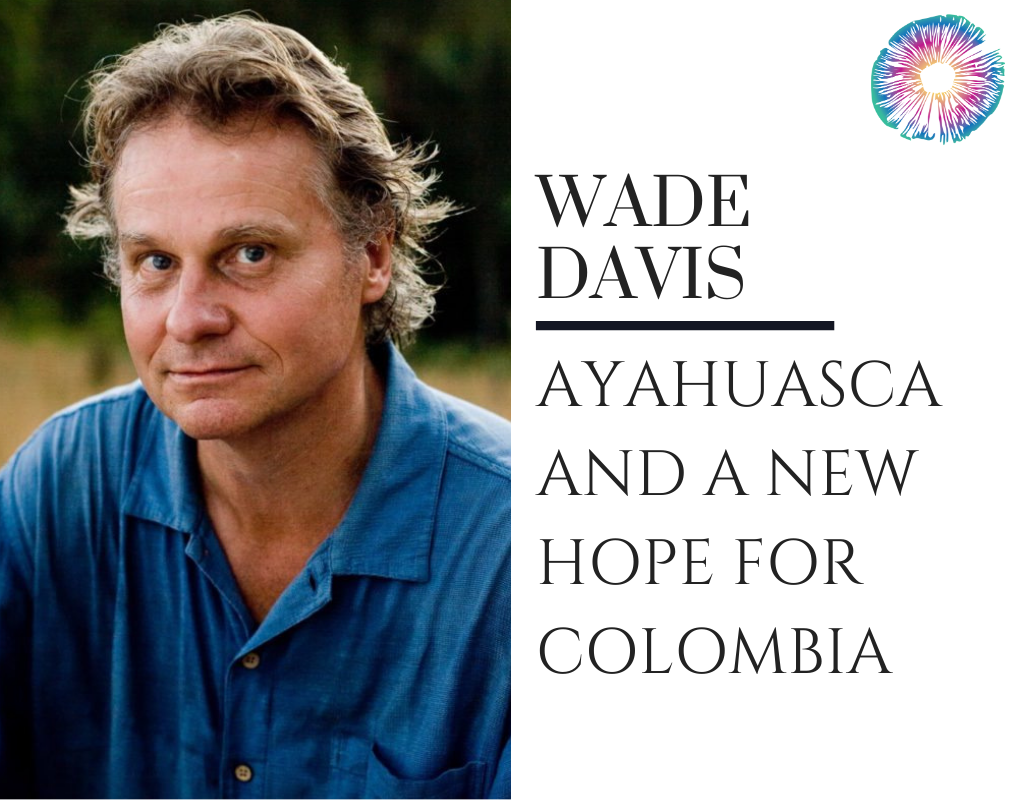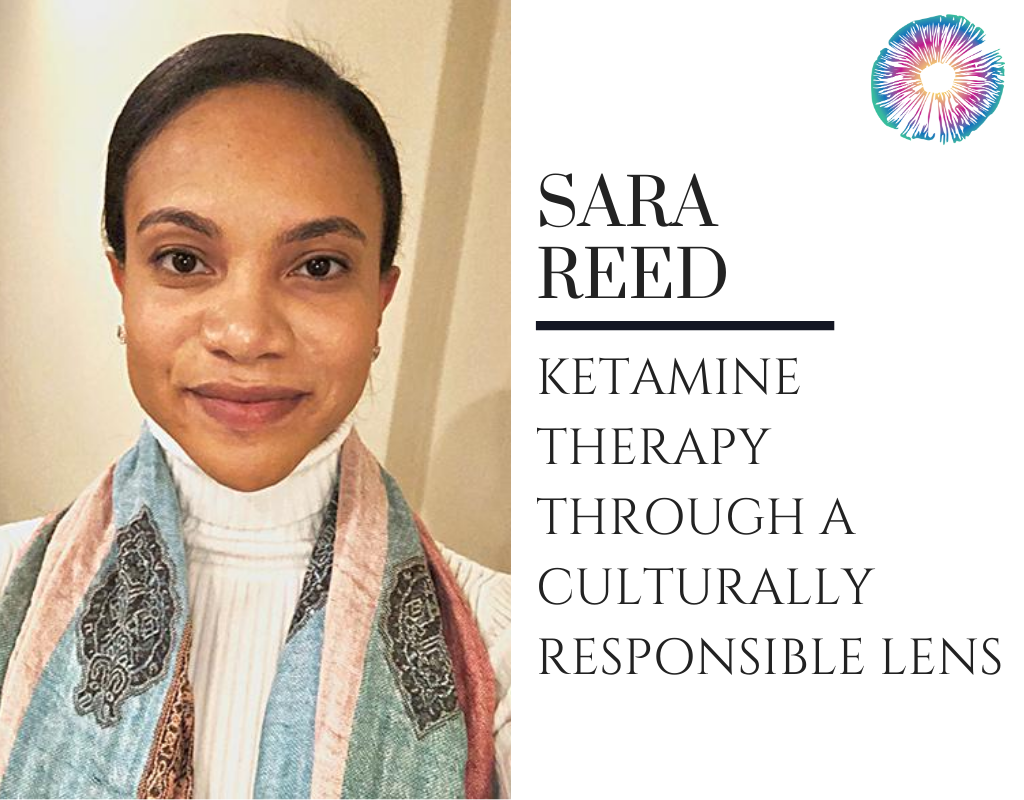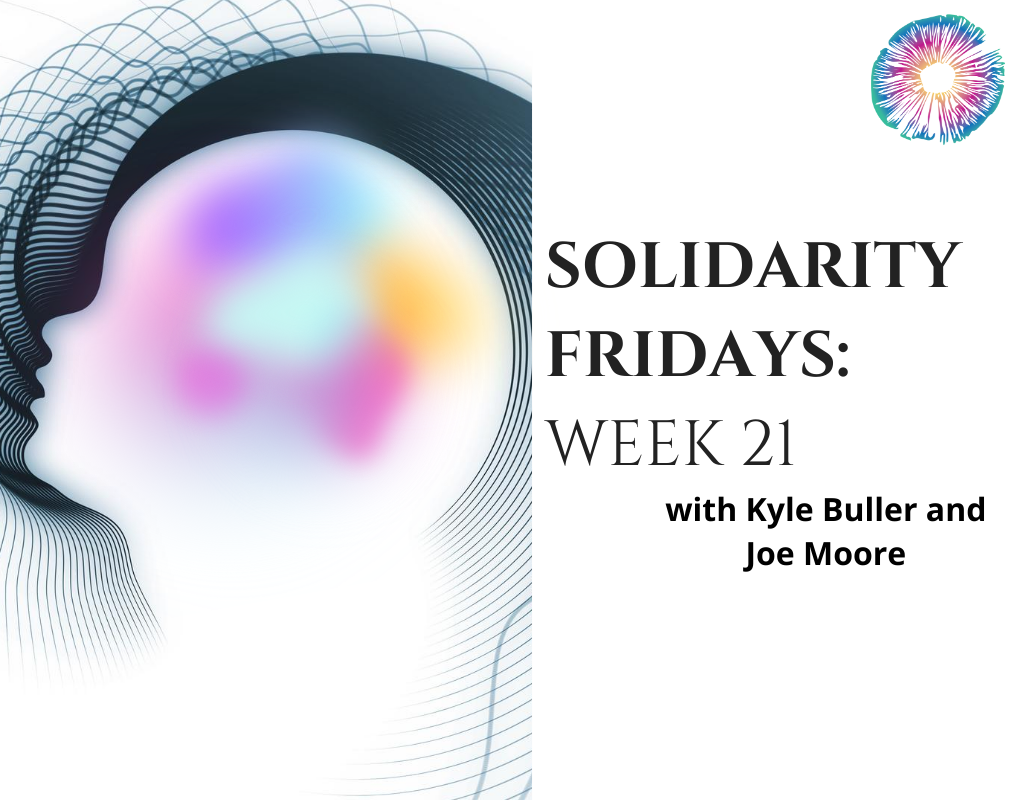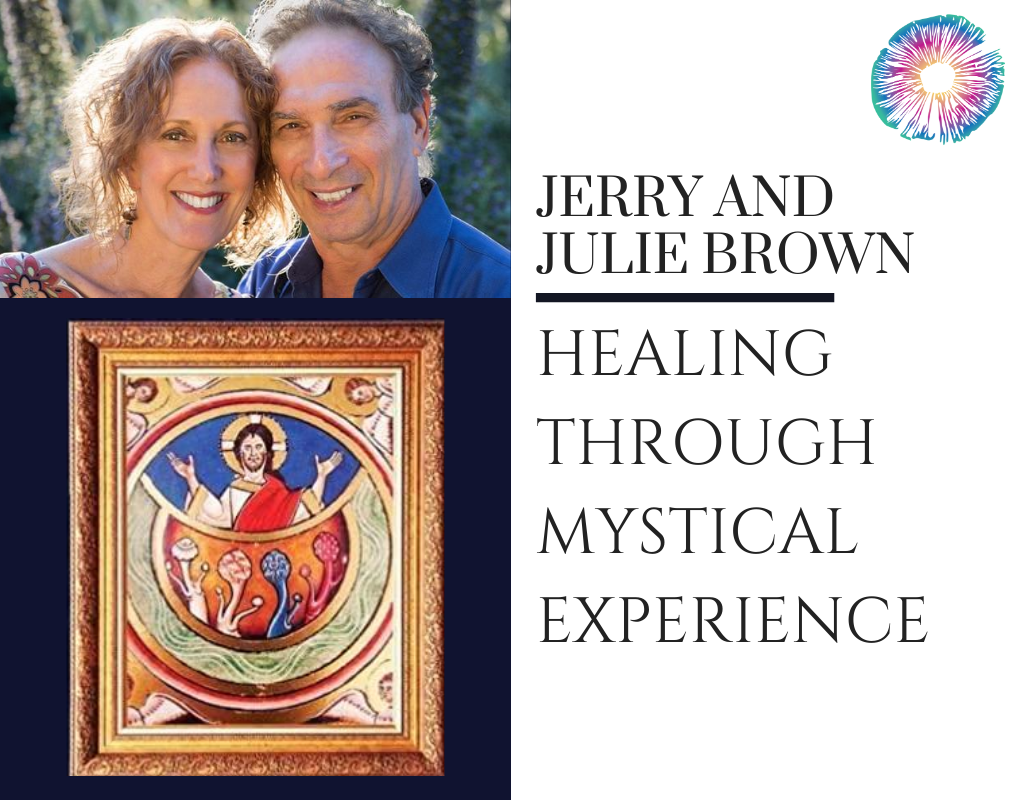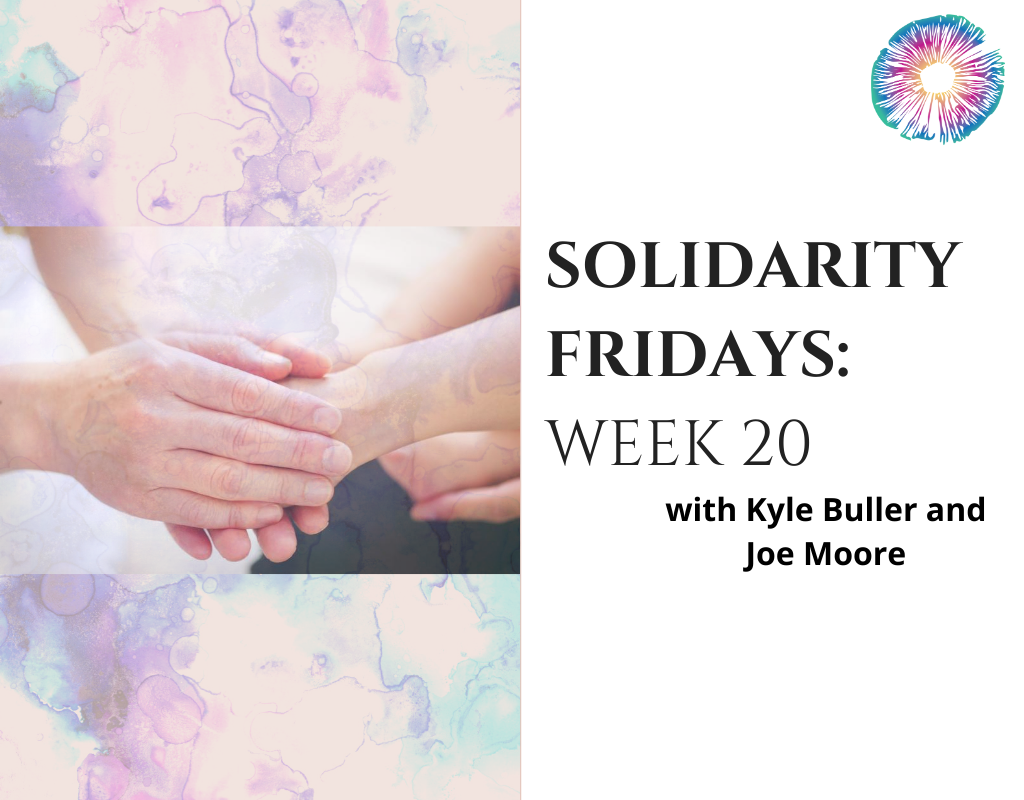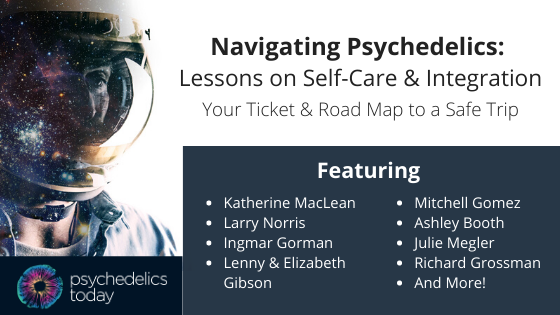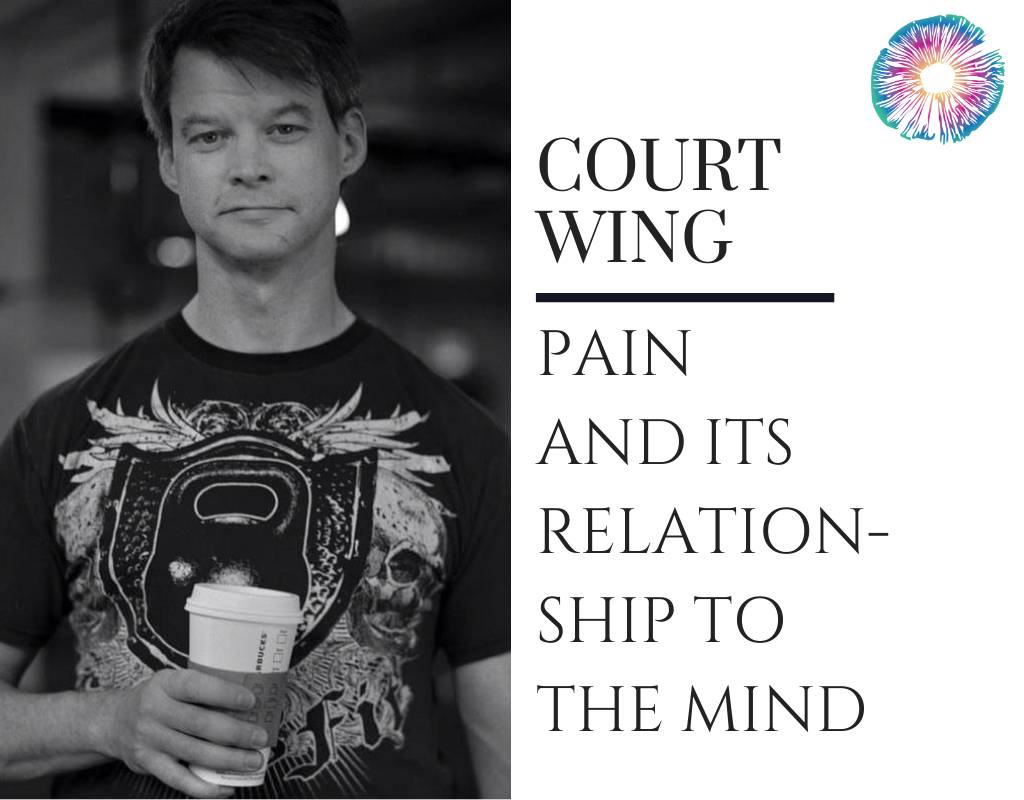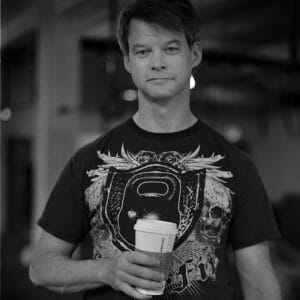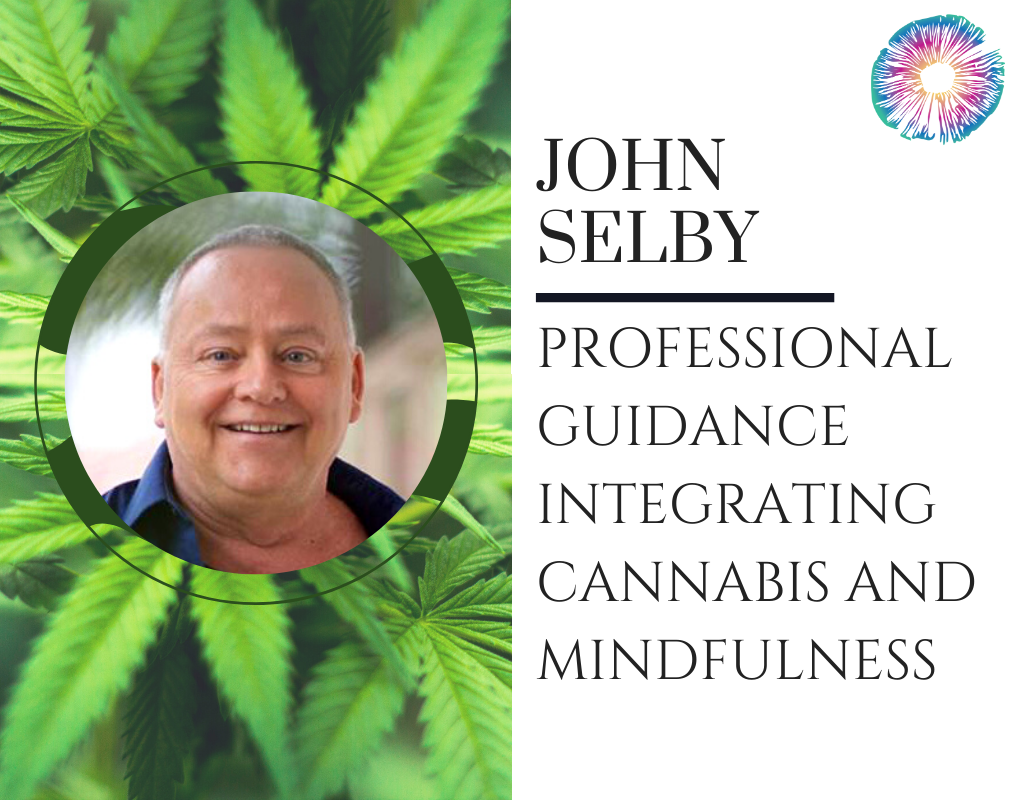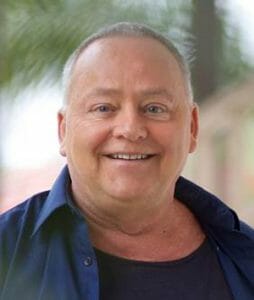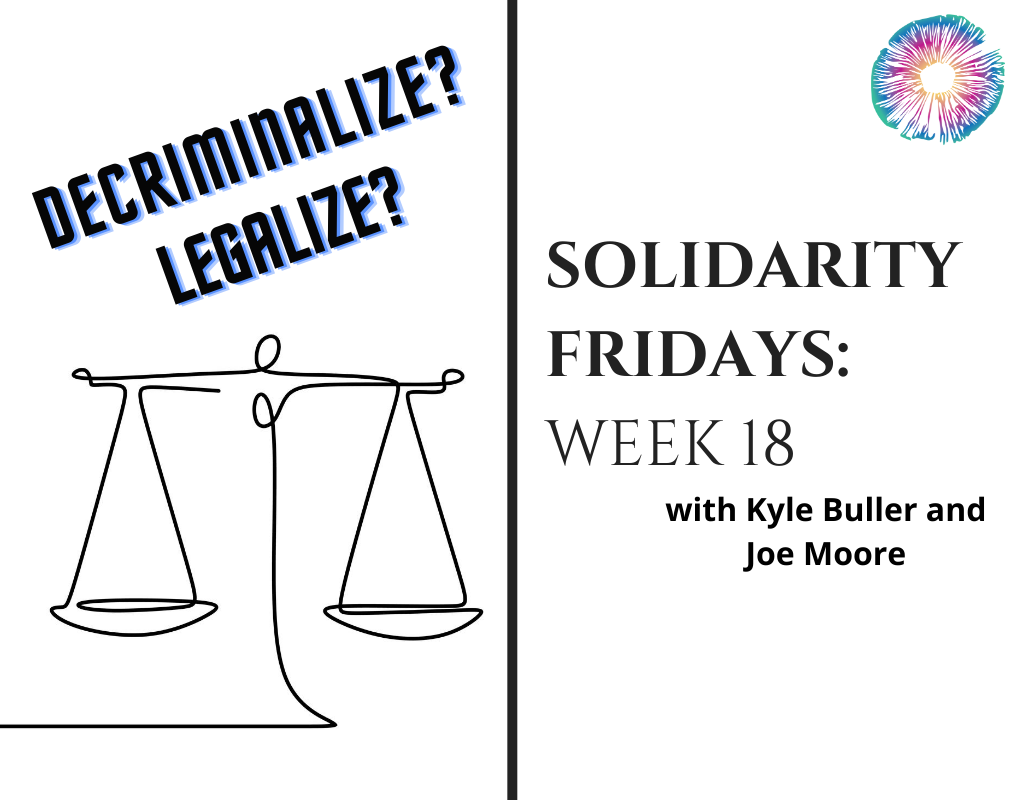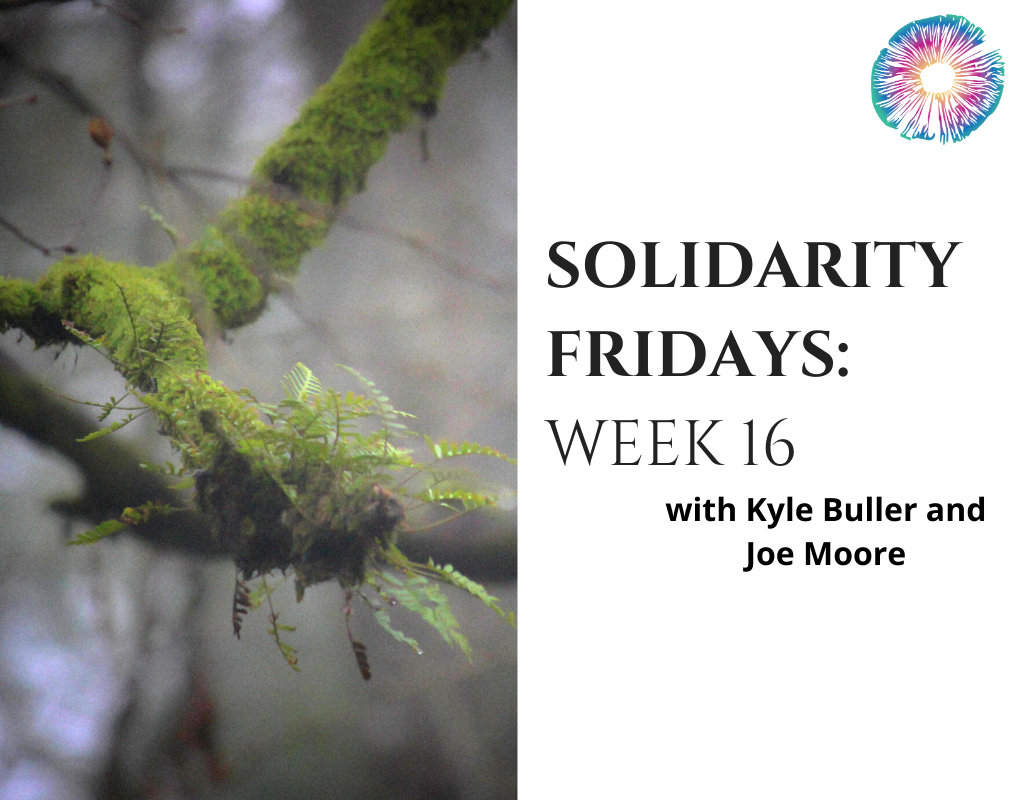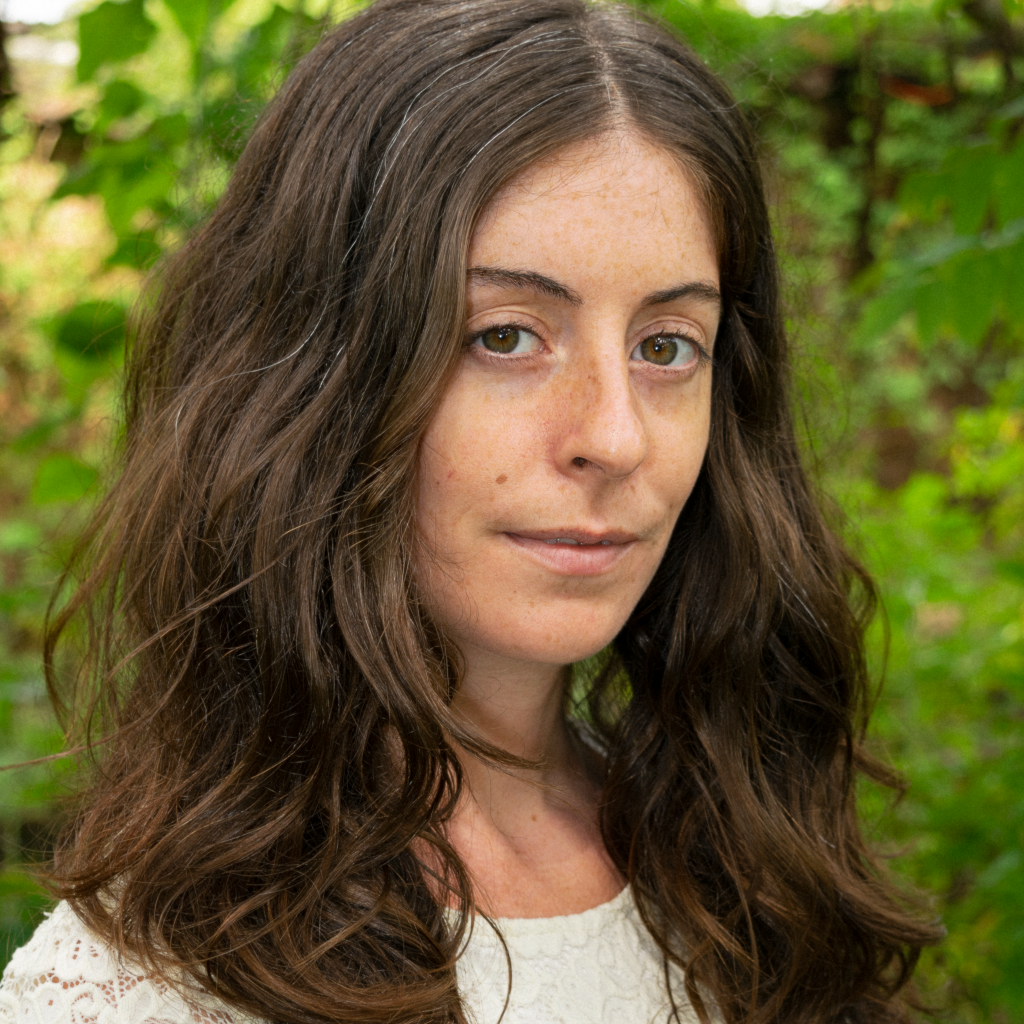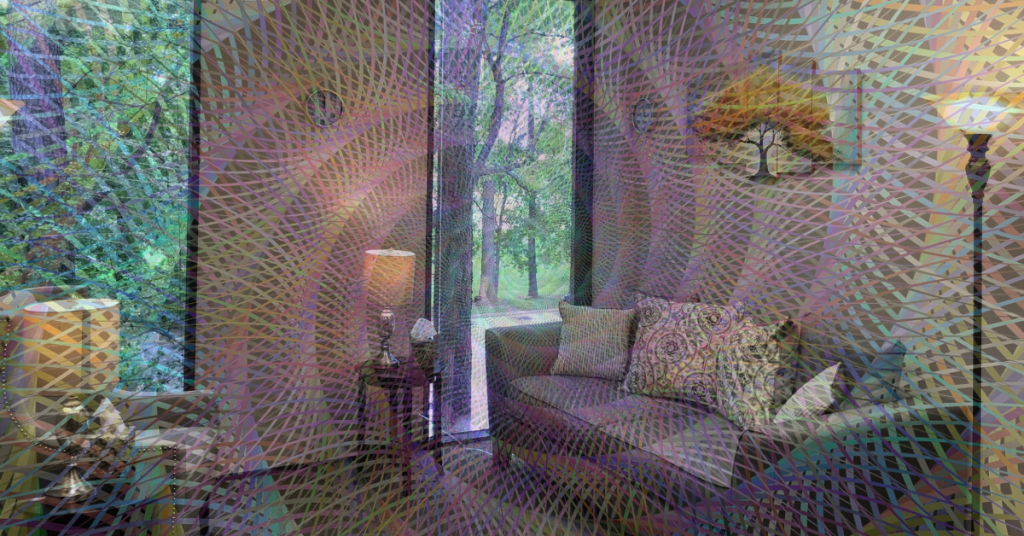By Michelle Janikian
If you want to learn how to become a psychedelic therapist, we’ve outlined the five main legal paths.
More people than ever are curious to try psychedelics for mental health and personal growth. But even though “psychedelic-assisted therapy” is going mainstream, the actual substances, like psilocybin, MDMA, LSD, and ayahuasca are still Schedule I substances in the U.S. Yet despite their illegality, doctors and therapists are regularly getting inquiries from their clients about psychedelics for addiction, PTSD, depression, and more. So, what can professionals do to start working with psychedelics—legally?
How to Become a Psychedelic Therapist Path One: Legally Facilitating Psychedelic Journeys
At the moment in the US, the only way for clinicians to legally facilitate psychedelic experiences with MDMA or psilocybin is in a clinical trial (we’ll get to substances like cannabis and ketamine below). These trials are being held at select universities in the US, like Johns Hopkins, NYU, and others. Each substance requires their own training by the different organizations that sponsor these trials. In the case of MDMA, that training is provided by the Multidisciplinary Association for Psychedelic Studies (MAPS), and for psilocybin, it’s provided by either Compass Pathways or the Usona Institute, depending on the trial.
MAPS is currently training physicians (MDs, DOs, psychiatrists, and other “eligible prescribers”) as well as licensed therapists to work on phase 3 clinical trials using MDMA for PTSD and to form therapy pairs to open potential “expanded access” sites in the near future. MAPS training consists of five parts, beginning with an online course, which covers the basics from their treatment manual as well as recent scientific research and study protocols.
For part B, trainees attend a 7-day in-person retreat with “senior MDMA-assisted psychotherapy researchers,” which is often Michael and Annie Mithoefer. “[the Mithoefers] are really the core people that have been doing this since the beginning,” says Angie Leek, MA, LMFT who completed Parts A and B of the training in 2019.“Even if I never get to do this work – which I hope I do – but even if not, it was phenomenal,” elaborates Leek. “It influenced my clinical work without being able to do the MDMA part, for sure.”
Then, parts C, D, and E become more hands-on and include days of experiential learning with an opportunity to have an MDMA session, a day of role-playing, and then, supervision and evaluation of trainees’ first few sessions.
While getting trained to work with MDMA may seem simple and straightforward, the problem is that the training isn’t free. In fact, it’s out of budget for many, especially on a therapist’s salary. For instance, because Leek doesn’t live near a clinical trial site, she has decided not to complete training until the future of the therapy is more concrete. Until then, she can’t afford to keep paying out of pocket. She tells Psychedelics Today she paid $3,500 for the first two parts of the training, and she was told completing all 5 parts costs $7,000. As of now, MAPS has not announced training costs for 2020. Interested clinicians can apply for MAPS MDMA training here.
To work with psilocybin, professionals are trained by either Compass Pathways or the Usona Institute, however (as far as I can tell) training to work with either of these organizations is not currently open to the public. At the moment, only research professionals at universities hosting this research can currently be trained to work with psilocybin.
It’s also important to note that both MDMA- and psilocybin-assisted therapies are on track to become legal, FDA-approved medications for specific conditions in the near future. The FDA has granted both substances “breakthrough therapy status” which fast-tracks them for approval. According to MAPS’s Director of Communications, Brad Burge, MDMA is expected to be approved for the treatment of PTSD by 2021. Yet, in an email, Burge tells Psychedelics Today that MDMA could become available for expanded access in as soon as a few months.
The expanded access program, also known as “compassionate use”, gives patients with life-threatening conditions the right to obtain and use unapproved drugs and medical devices outside of clinical trials. In early 2019, MAPS applied for expanded access for MDMA to treat PTSD, considering the high risk of suicide those with treatment-resistant PTSD face, and it’s expected to pass in early 2020. Therefore, many trained MDMA-assisted therapists and prescribing physicians could be needed very soon to open expanded access MDMA sites around the US.
Which is why another route many in this field consider is applying to the California Institute for Integral Studies (CIIS) Center for Psychedelic Therapies and Research. This one-year long certificate program is an in-depth study on psychedelic-assisted therapy and research, taught by the leading experts in the field, including Anthony Bossis, Rick Doblin, Charles Grob, and Michael and Annie Mithoefer. The program is only available to licensed professionals, like licensed family therapists, medical doctors, and registered nurses. Plus, acceptance into the program is competitive. According to an email CIIS sent to a recent applicant, they will be accepting a total of 75 students for their class of 2020, meaning one in four applicants will be admitted.
The program is completely accredited and considered the most prestigious training for psychedelic-therapists, yet completing the certificate does not guarantee graduates the ability to work with psychedelic substances or even on clinical trials. After completing the certificate, graduates will still have to undergo training from organizations like MAPS, Usona or Compass, and pay for it themselves.
Path Two: Training in Trauma and Transpersonal Psychology
Before professionals jump right into psychedelic-assisted therapy training, there are a few schools of psychological thought and therapy modalities they can get familiar with that can inform their work with “non-ordinary states of consciousness”.
For instance, although CIIS’s psychedelic therapy program may not be the best fit for everyone right now, two therapists we spoke to for this story received their master’s degrees from the university, and chose it for its focus on transpersonal psychology.
Transpersonal psychology is a school of psychological theory that considers the spiritual and transcendent aspects of life alongside modern psychological thinking, and it has been used by professionals to help folks work through altered states for decades. If you’re interested in learning more, check out the books and articles by Stanislav Grof as well as educational programs at Sofia University and Naropa University.
Another important area to be well versed in professionally before working with psychedelics is trauma. In fact, all the experts we spoke to for this story stressed the importance of training in different trauma modalities, especially somatic practices, as well as understanding and being comfortable with transference and projection. This level of comfort comes from both training in the subject matter and doing your own inner work.
While some of the training programs we’ve listed cover these issues, both Leek and Saj Razvi of Innate Path recommended Peter Levine’s Somatic Experiencing training as an informational and trustworthy source of trauma and somatic therapy work. Other integration coaches and therapists have also recommended the Hakomi Institute, a body-centered, trauma-based psychotherapy method that helps people work with strong emotions through mindfulness and guided meditations.
And of course, many in this field stress the importance of professionals doing their own inner work with psychedelics as an important aspect of training. While this can be contested in the community, it does seem like processing one’s own non-ordinary states of consciousness can help others do the same. For now, MAPS’s MDMA training does include an opportunity for clinicians to receive their own MDMA-assisted therapy session. While the CIIS program does not currently include any medicine work, they do incorporate opportunities for transpersonal breathwork and other drug-free forms of altering consciousness.
Path Three: Psychedelic Integration Therapy Training
Both therapists I spoke with for this piece, Robin Kurland, LMFT and Angie Leek, LMFT, told me they’d be interested in getting trained to facilitate psychedelic-assisted therapy in clinical trials, but haven’t found the whole process to be very accessible, especially considering the uncertainty of this work, it’s just not worth it to shell out over $10k for training. However, they both found a compromise in offering their clients “psychedelic integration therapy.”
Unlike psychedelic-assisted therapy, integration therapists do not provide clients with any type of guided psychedelic trip. They can, however, help interested folks in preparing for and then integrating their psychedelic experiences by discussing what it means to them and how they can use any insights or realizations they had in their everyday lives. It’s a very new thing for licensed therapists to offer even though psychedelic therapists in clinical trials and underground have been providing clients with prep and integration sessions for decades. But with the increased interest in this work and in people trying substances on their own or at retreats abroad for healing, aboveground therapists have begun helping people navigate the sometimes tricky emotions that come before and after these peak experiences.
Training for psychedelic integration is limited but exists and is growing quickly. The organization Fluence, based in New York City, hosts accredited classes for interested clinicians, called “Psychedelics 101 and 102” taught by Elizabeth Nielson, Ph.D. and Ingmar Gorman, Ph.D. In their two-day long workshop, they cover everything doctors didn’t learn in medical school about psychedelics, from past and present research to harm reduction and how to help clients prepare for and integrate their sometimes troubling experiences. Gorman and Nielson are also hosting a 3-day long retreat this January 17-20, 2019 in the Catskills, New York called “Psychedelic Integration in Psychotherapy: A Retreat for Clinicians.”
There are also options for life coaches and other interested individuals who are not necessarily licensed doctors and therapists. One popular choice is Being True to You (BTTY), which offers a four-month long, psychedelic integration coach training program that’s completely online for $3,500.
Here at Psychedelics Today, our founders Joe Moore and Kyle Buller also host an online course for clinicians, therapists, and coaches looking to expand their knowledge of psychedelic research and provide psychedelic integration to clients. The next eight-week live online course is enrolling now and begins on February 6th, 2020. The first four weeks cover the basics, including the history of psychedelic research, safety tips like preparation and navigating the space, and an intro to Stanislav Grof’s transpersonal psychology framework. Then in weeks 5 through 8, classes get more specific to clinicians, and cover topics like how to support psychedelic-curious clients, how to help clients integrate their experiences, and how to navigate the legal and ethical considerations.
MAPS is also a source of psychedelic integration education and has provided webinars as well as in-person training sessions in the past. This year, MAPS is planning another webinar series for April 2020 with a session on integration, Burge confirms. “Integration tends to be one of the most popular topics we address in our webinars, conferences, and educational materials,” Burge says.
Despite recent training offerings, many psychedelic integration therapists can still get frustrated by this work, mostly because it has to be substance-free at the moment. Kurland says she mostly worries about people taking mushrooms by themselves in less than ideal situations. “That’s really why I want to hurry and get the ball rolling with the FDA and have that certificate [from CIIS]. I would love to just be able to say, I’m going to sit with you and you’re going to be safe. I’m going to hold space for you and whatever comes up, we’re going to work through it and I’ll be there to hold your hand,” says Kurland.
Path Four: Working with Legal Altered States of Consciousness: Cannabis, Ketamine, and Transpersonal Breathwork
A new option emerging in this field is working with legal or prescription substances, like cannabis and ketamine. Psychiatrists already have the ability to give ketamine to patients in their offices as an “off-label use” for treatment-resistant depression, PTSD, and other conditions. It’s becoming increasingly popular, with ketamine infusion clinics opening around the US. Naturally, there are a number of ketamine training programs emerging alongside. So many, in fact, that we decided to dedicate a whole future piece on ketamine-therapy training, so keep an eye out.
Then there’s cannabis, which many argue is psychedelic in its own right and is legal in a majority of states for adult or medical use. And there are two programs in Colorado taking advantage of that fact. The first was Medicinal Mindfulness; they offer group psychedelic cannabis ceremonies, 1:1 cannabis therapy sessions, and now, cannabis “trip-sitting” training for any interested party.
There is also Innate Path, who began offering cannabis-assisted therapy to clients in 2018 in a very similar fashion to psychedelic therapy, and are now offering training to professionals. Innate Path co-founder and Director of Education, Saj Razvi tells me his cannabis-assisted therapists don’t actually give clients any weed, the client has to bring their own, which avoids any legal conflicts. This allows providers to practice psychedelic therapy before MDMA or psilocybin pass through the FDA, and if it catches on, has the potential to expand access drastically.
Razvi explains the cannabis-assisted therapy modality he and his co-founders have been developing over the course of several years is very body-focused and influenced by his own work as an MDMA-assisted therapist in MAPS’s phase 2 clinical trials, as well as the work of Peter Levine and Eugene Gendlin, the theorist, and philosopher who inspired Levine. At Innate Path’s training workshops, they teach therapists their somatic method, transference work, and psychedelic-therapy principals, which they use for both ketamine and cannabis-assisted therapy.
Of course, there is also the option of working with non-substance induced altered states of consciousness. “Holotropic” or “transpersonal” breathwork is a non-ordinary state very similar or indistinguishable from the psychedelic experience for many. Developed by Stanislav and Christina Grof, they have their own training program called Grof Transpersonal Training (GTT) that teaches practitioners to facilitate and process breathwork experiences with clients.
Dreamshadow Holotropic Breathwork is another group of trustworthy breathwork facilitators who offer an educational training program. Their founders, Lenny and Elizabeth Gibson, are colleagues and close friends of the Grof’s and are also who trained Psychedelics Today founders, Joe Moore and Kyle Buller, in this work.
Path Five: Trip Sitting
For clinicians and non-professional folk alike, getting trained to trip sit by MAPS’s Zendo Project is a great entry into the world of psychedelics. Zendo sets up shop at music festivals like Burning Man to provide a safe and tranquil place for people going through difficult psychedelic experiences to come and relax. They train sitters to be a calm and supportive presence for trippers without “guiding” their experience in any direction.
Zendo hosts trip sitting training workshops around the US to prepare interested participants for volunteering at events, and is a great way to learn the basics of “holding space” and to get experience working with those under the influence of a psychedelic substance. Zendo also has great resources for interested folk, like webinars and their book, The Manual of Psychedelic Support.
All in all, there are many options for all skill sets and types of professionals to get involved in this work. While becoming a psychedelic therapist right now might be expensive, it is possible. For those who can’t budget the risk until this therapy becomes more available, there are plenty of other options with lower price tags. We hope this piece cleared up some misconceptions in the community and can help folks choose the right path for them.
We realize there are also underground training options but they can be unreliable and hard to vet, so we decided to only focus on aboveground options for this piece.
About the Author
Michelle Janikian is a journalist focused on drug policy, trends, and education. She’s the author of Your Psilocybin Mushroom Companion, and her work has also been featured in Playboy, DoubleBlind Mag, High Times, Rolling Stone and Teen Vogue. One of her core beliefs is ending the prohibition of drugs can greatly benefit society, as long as we have harm reduction education to accompany it. Find out more on her website: www.michellejanikian.com or on Instagram @michelle.janikian.



